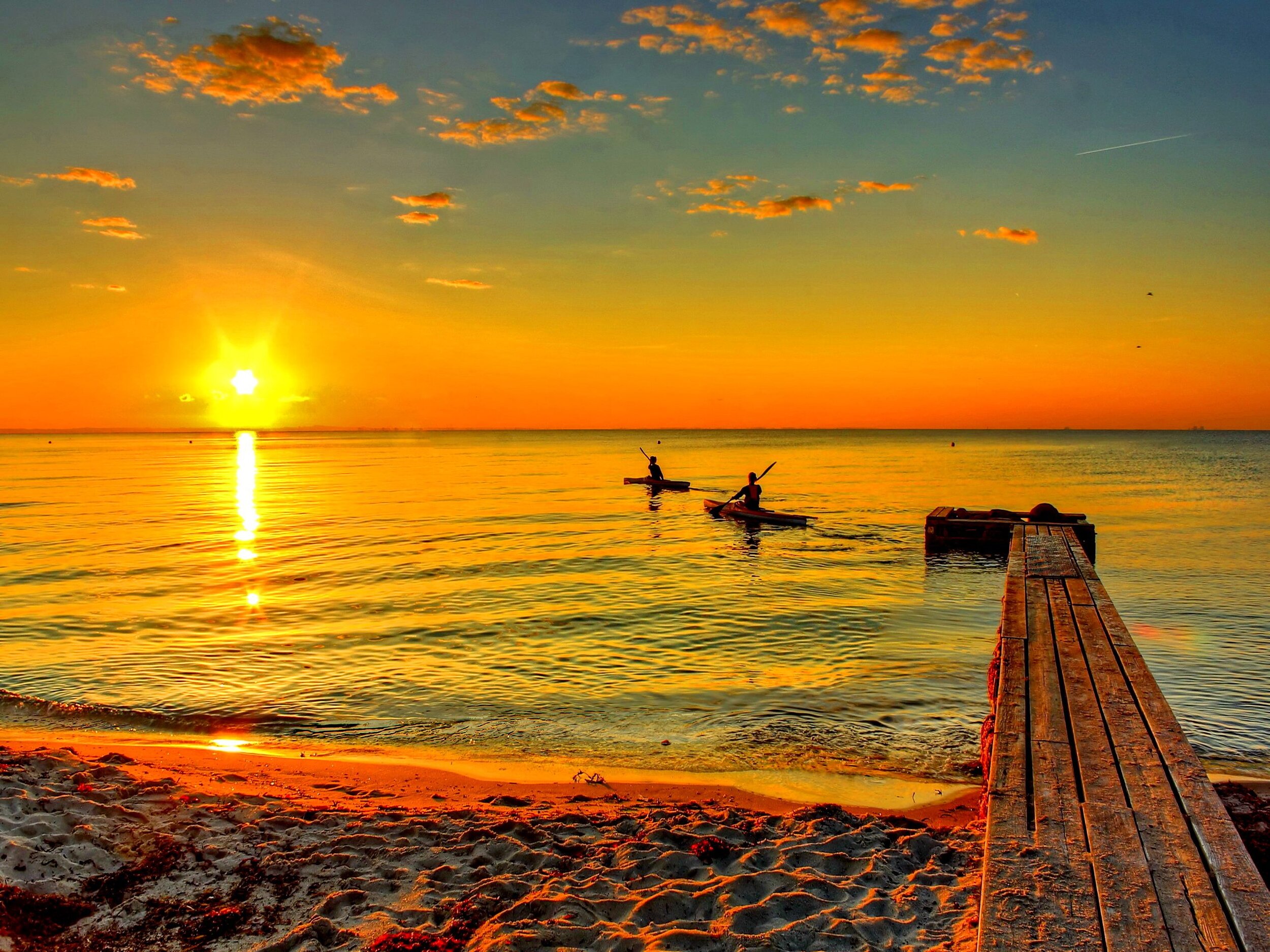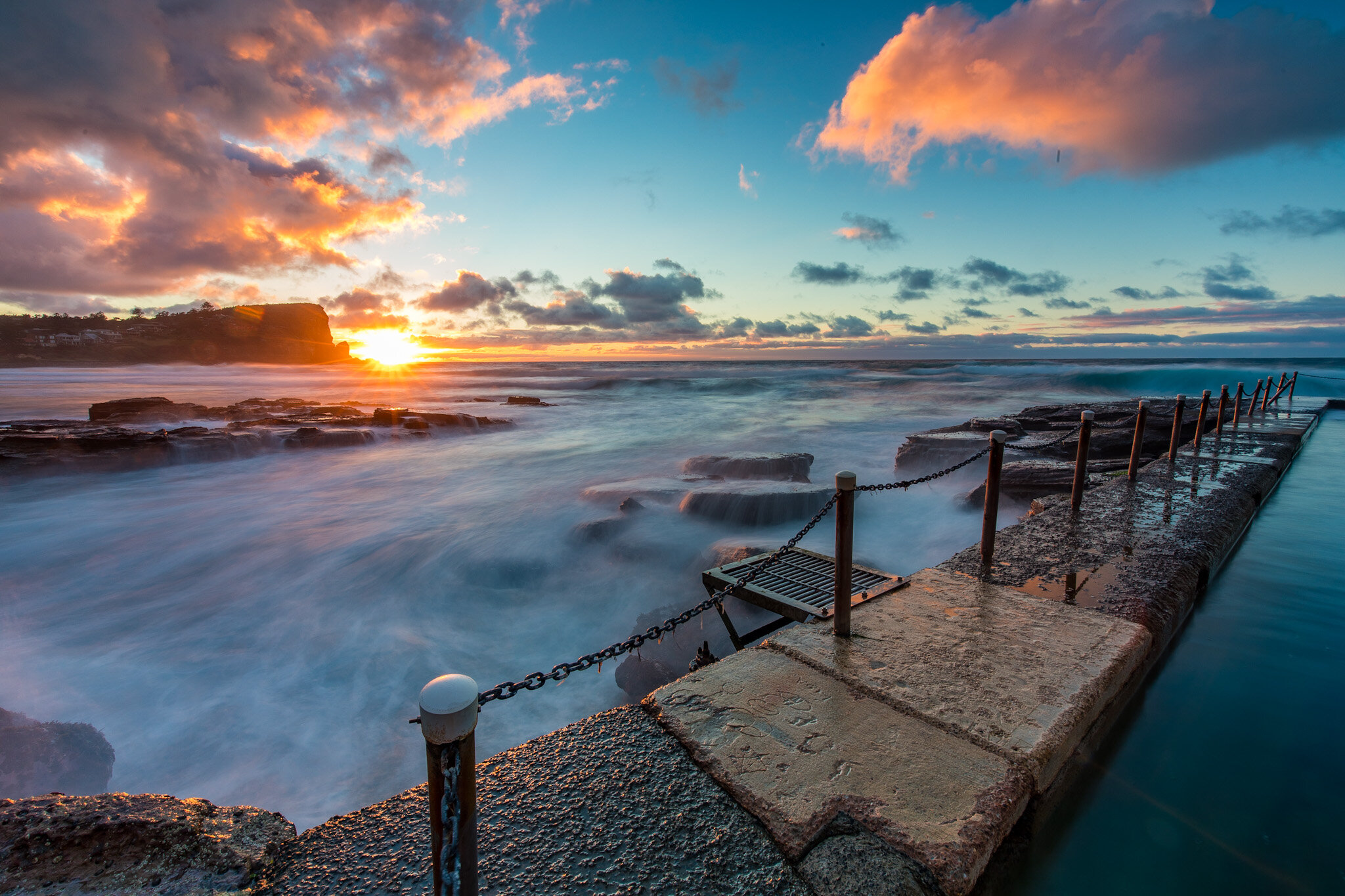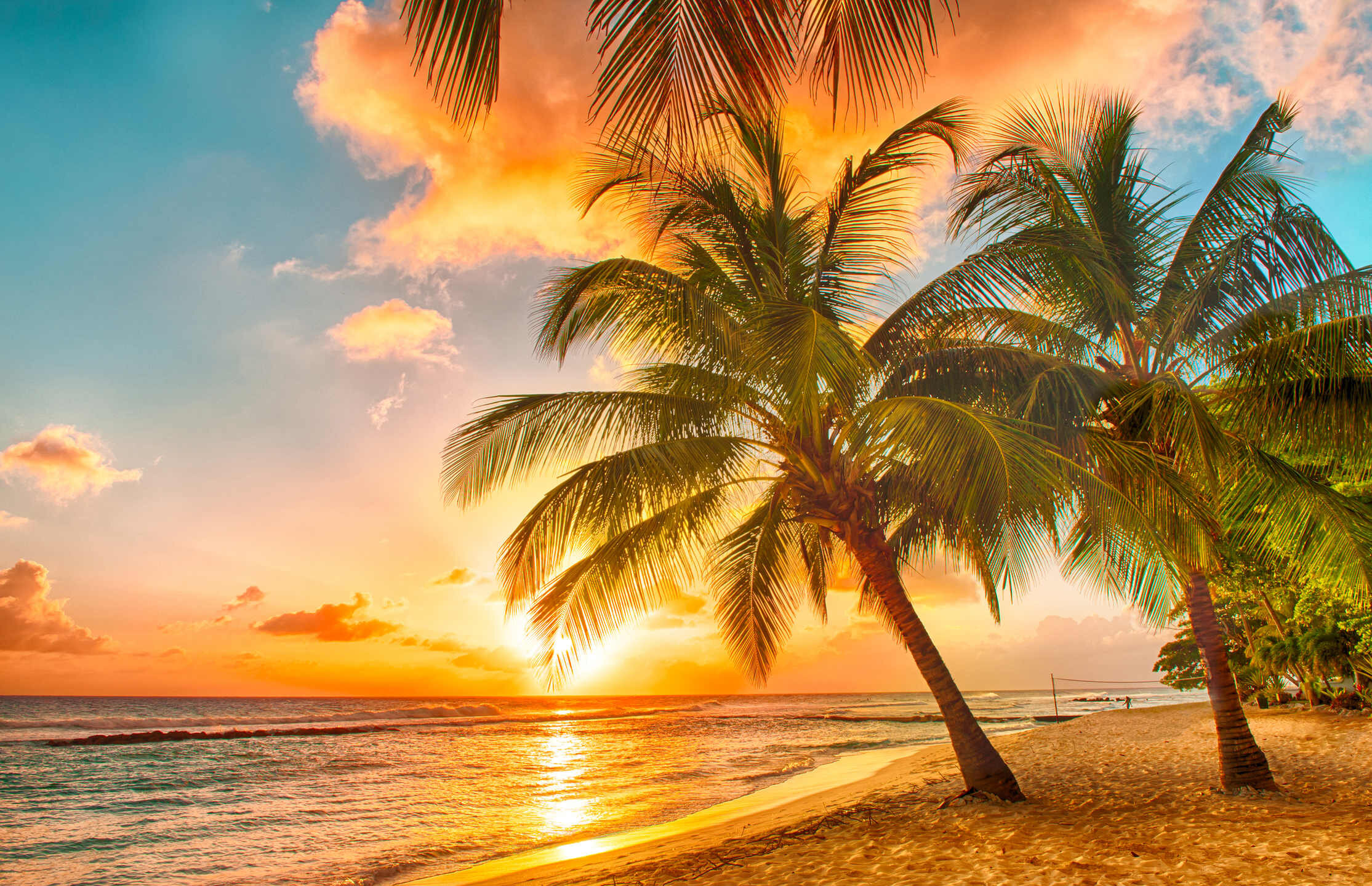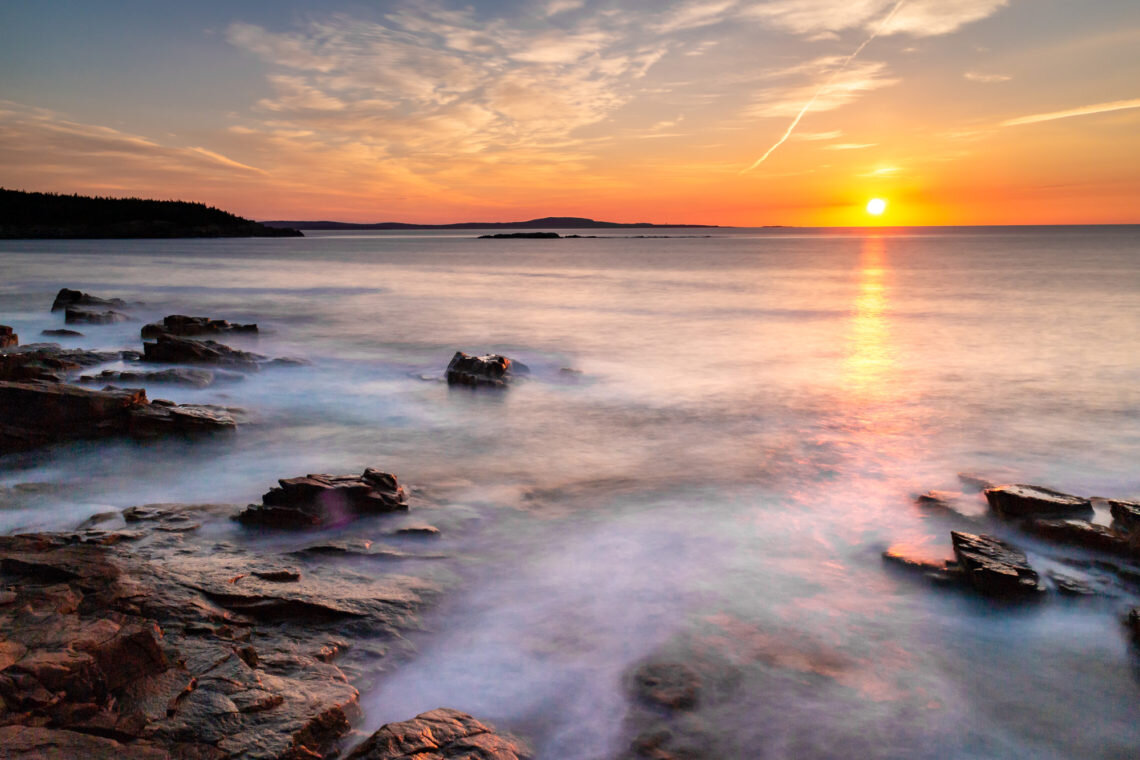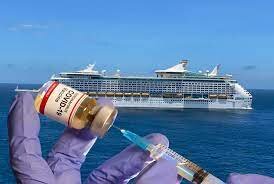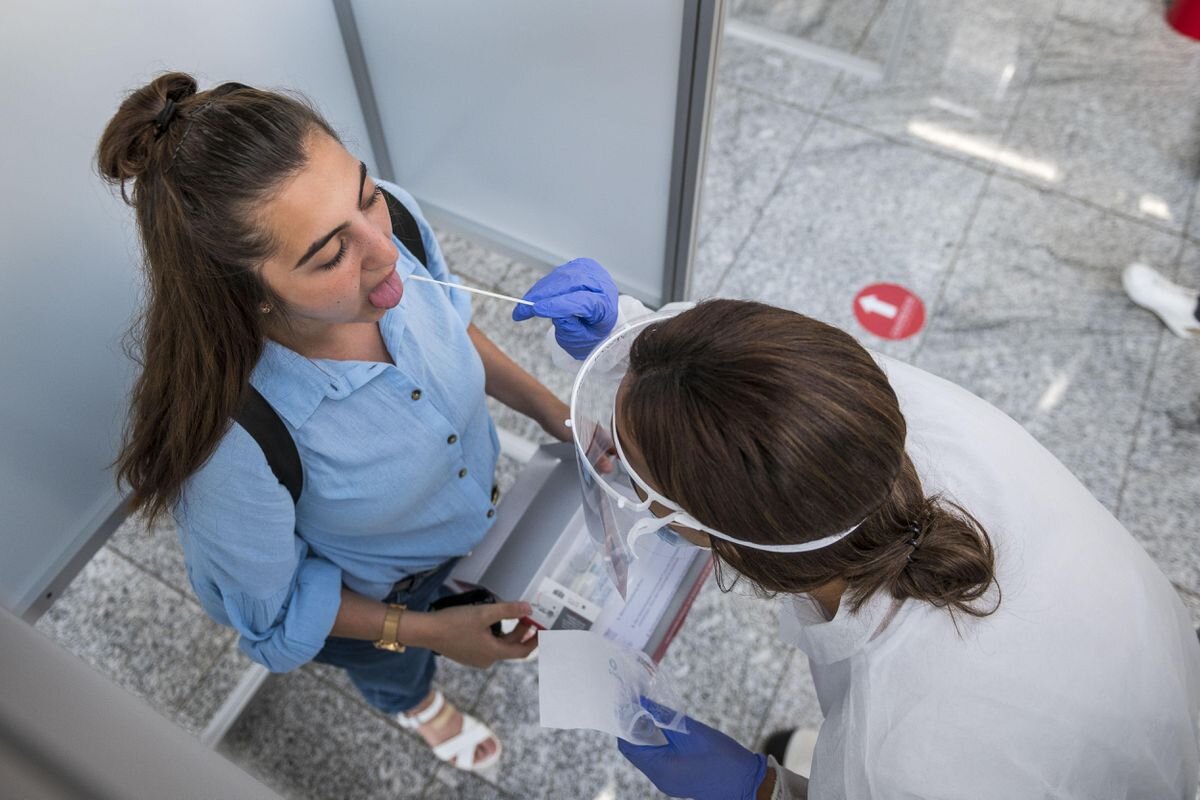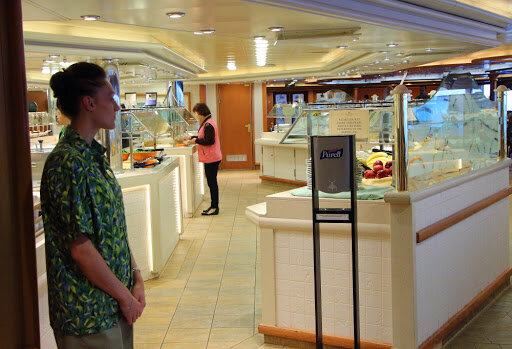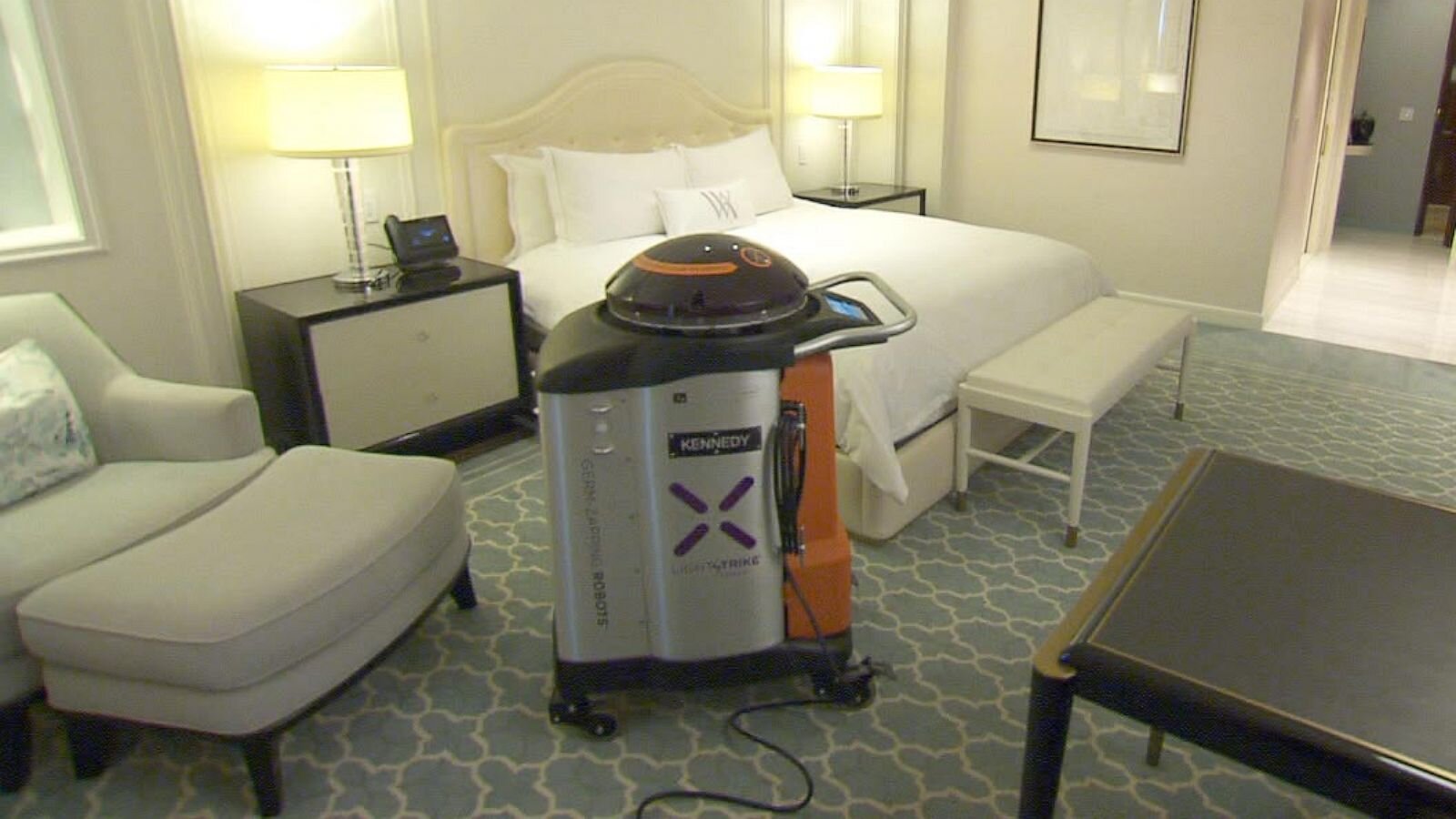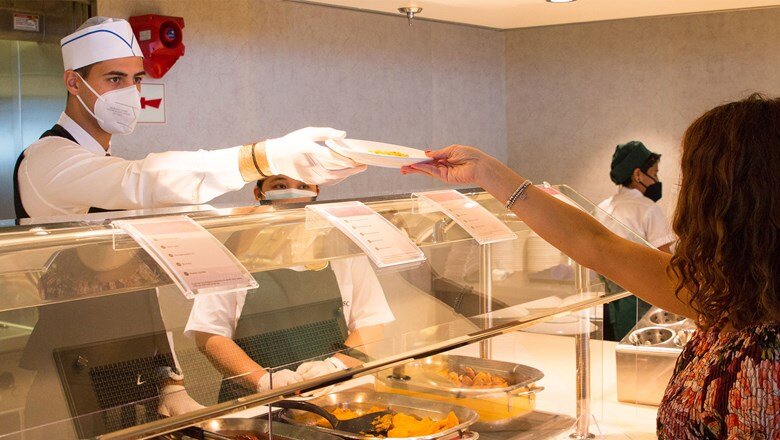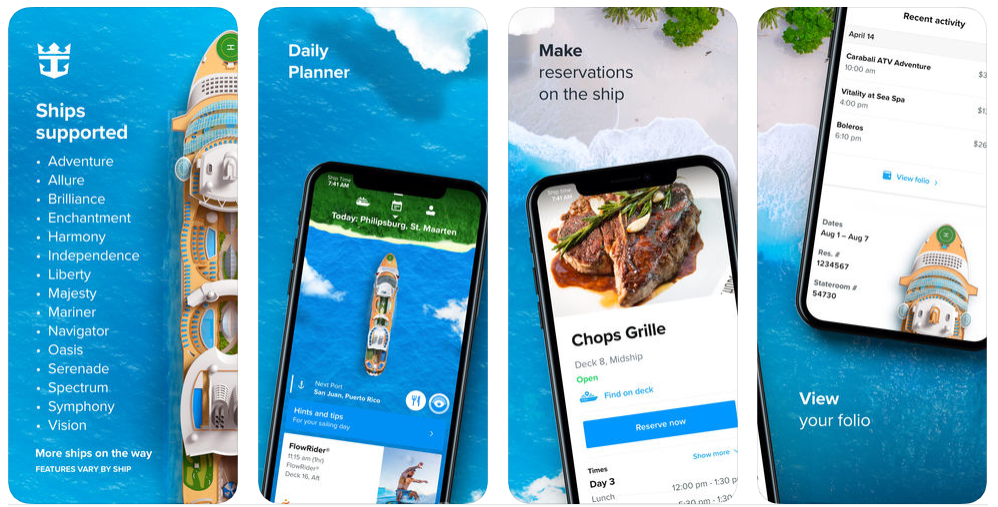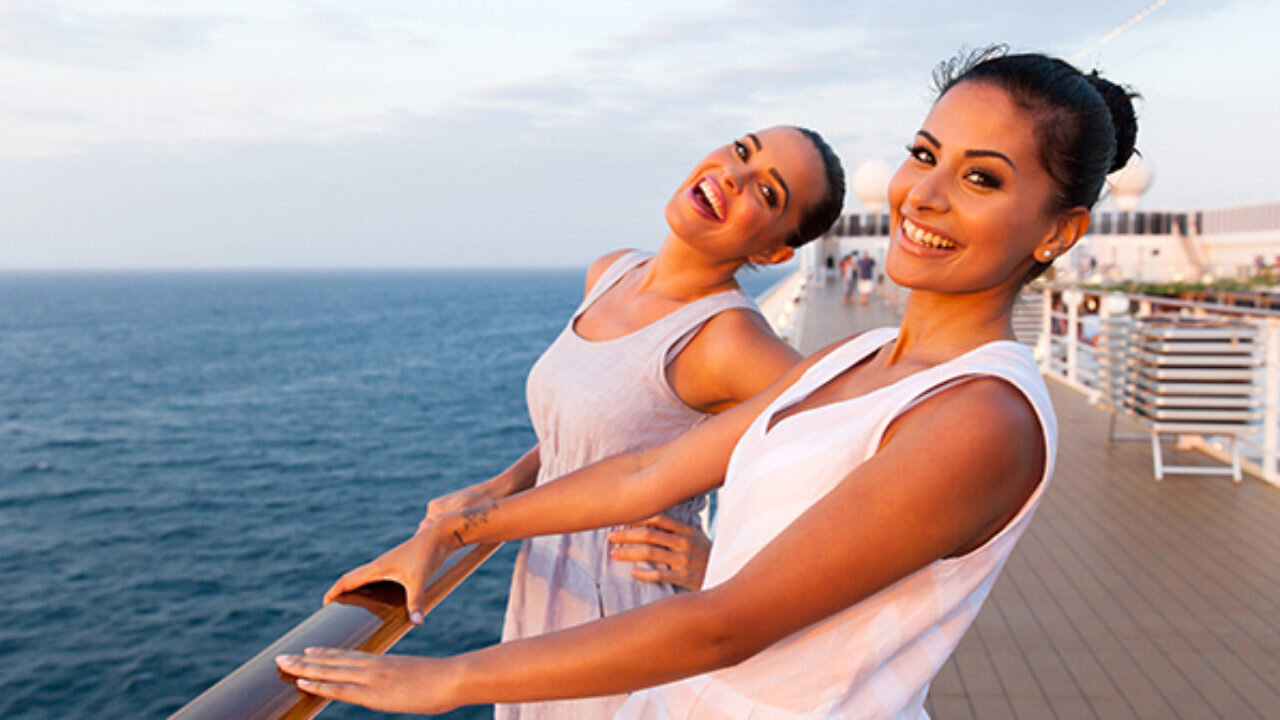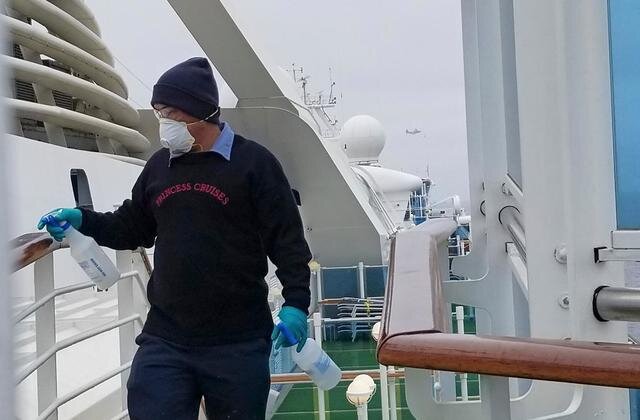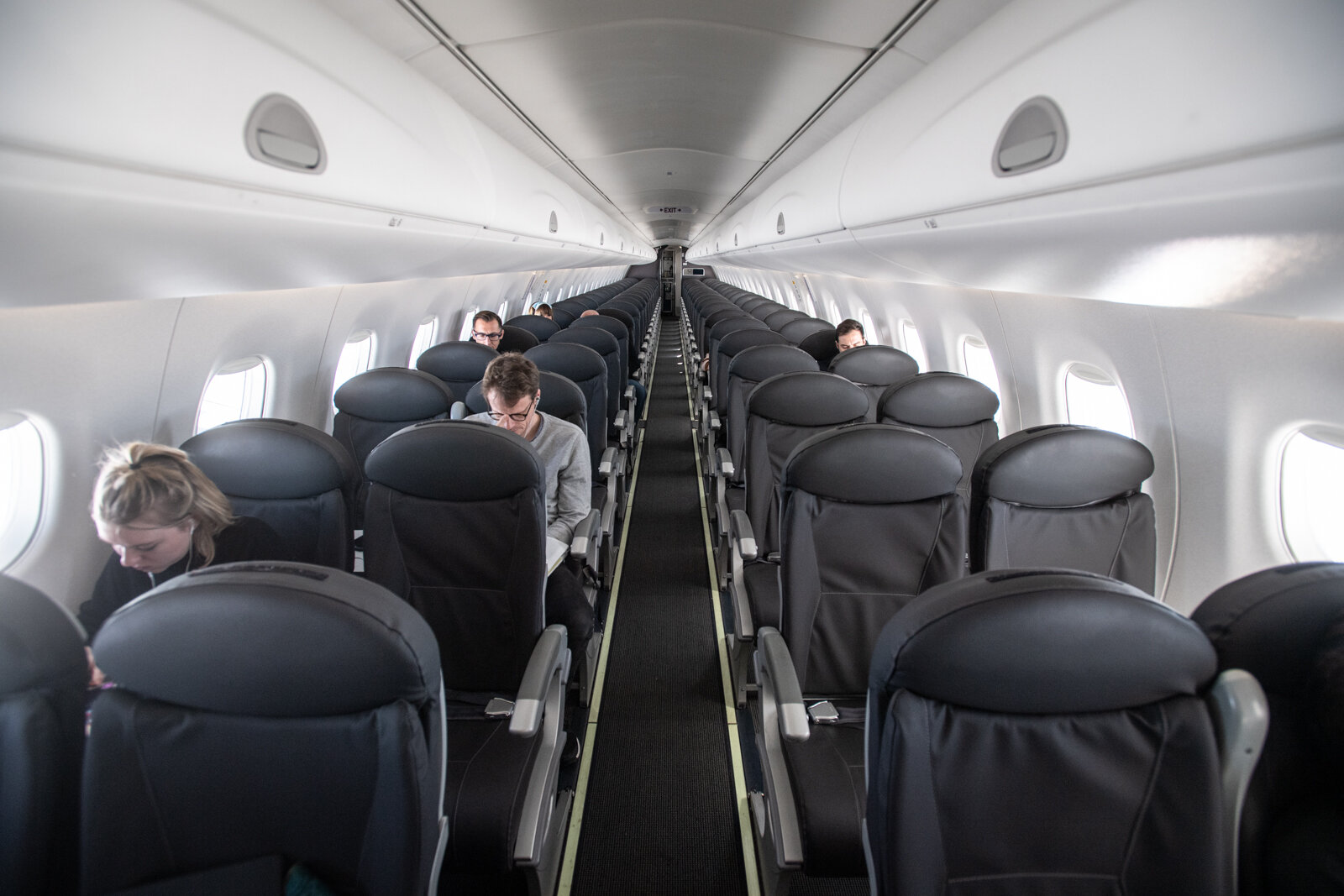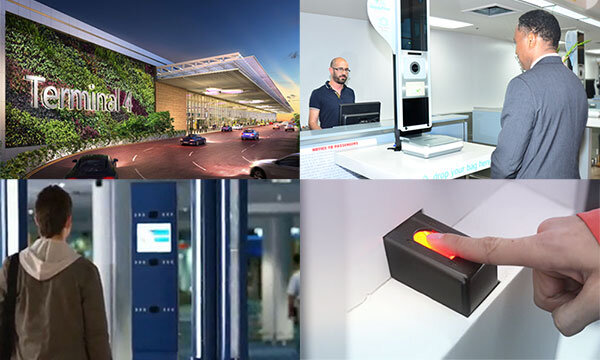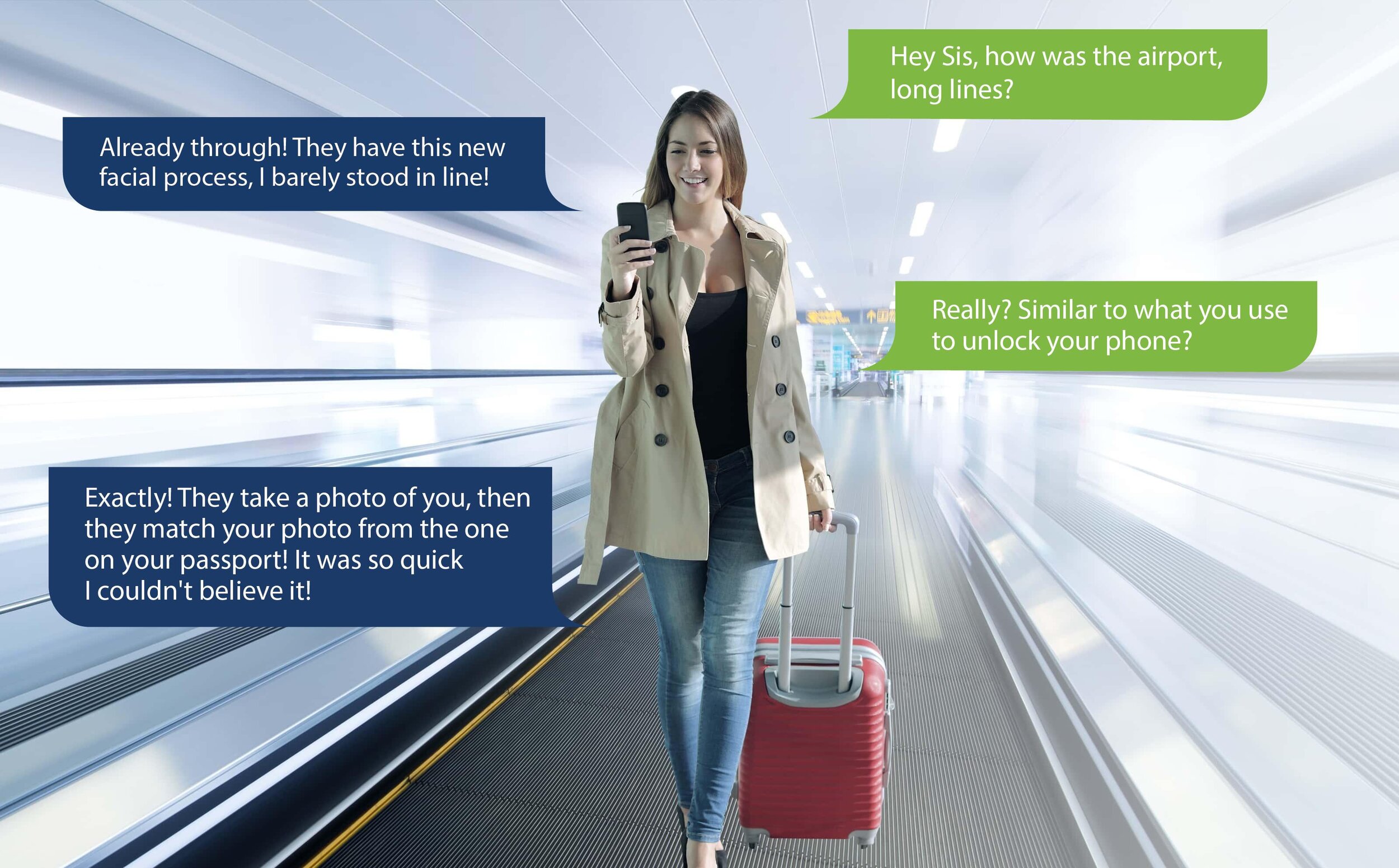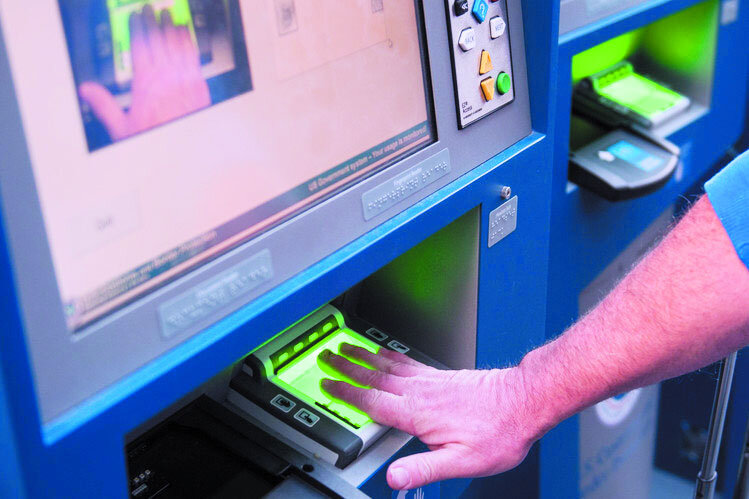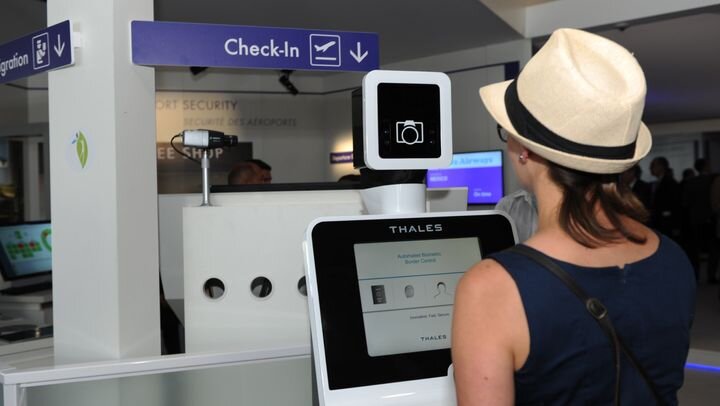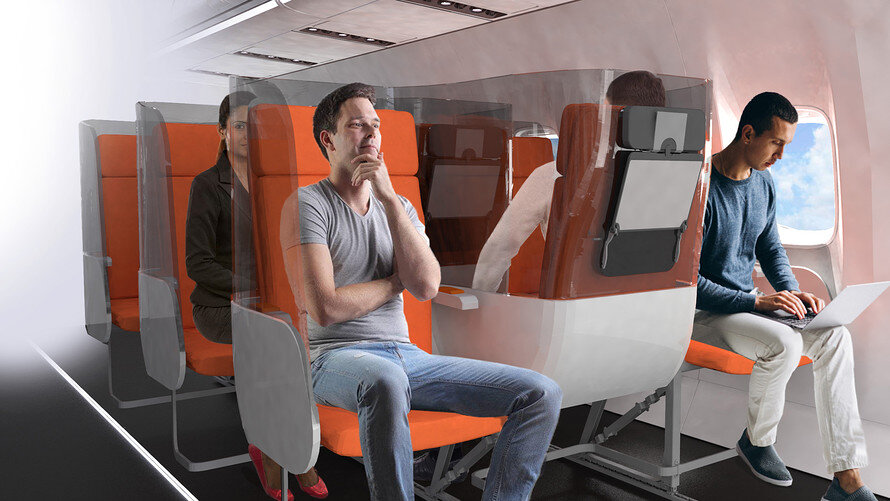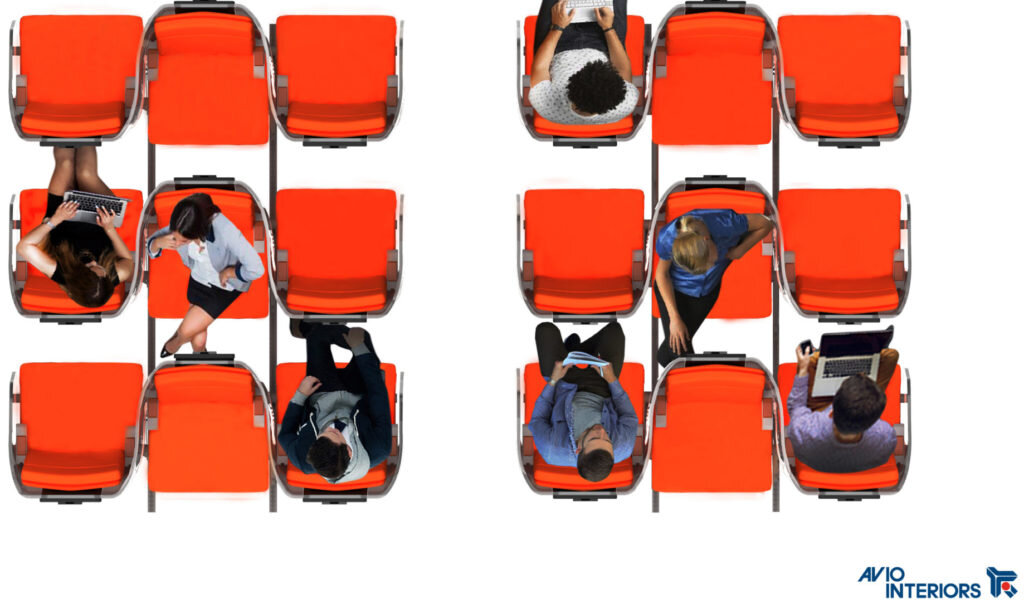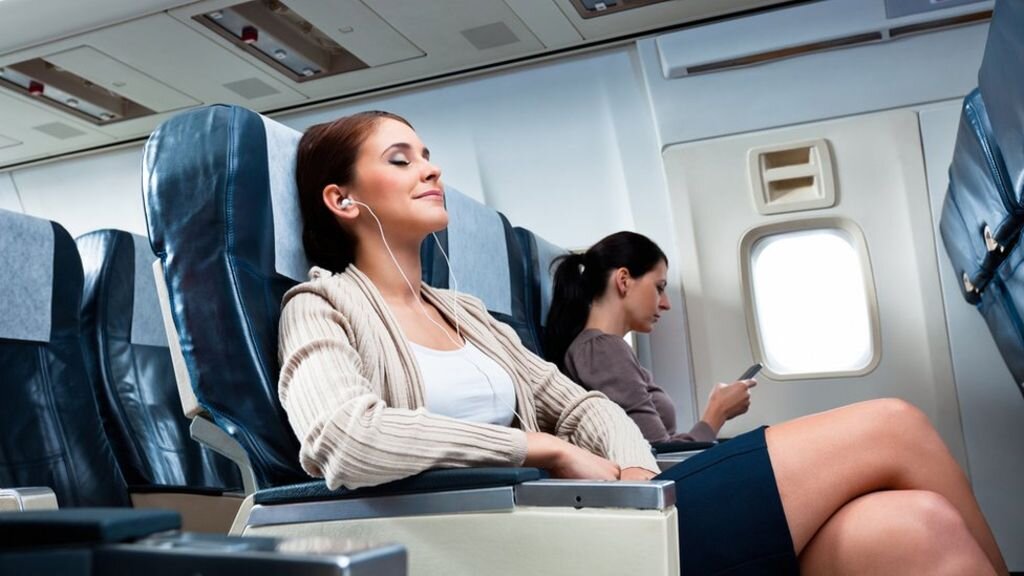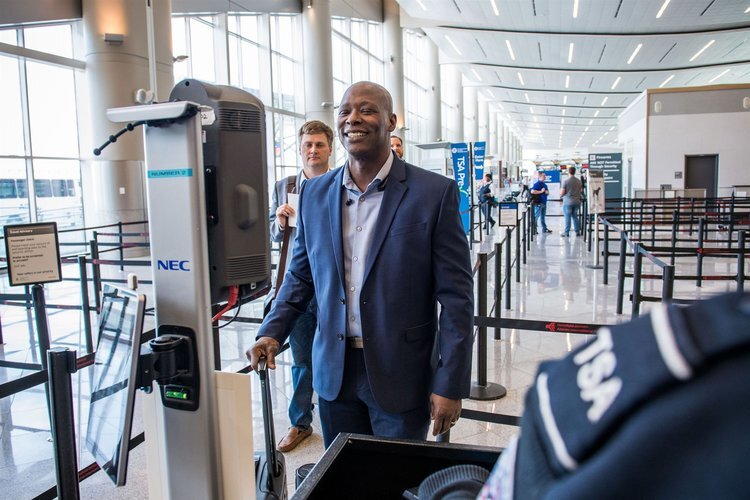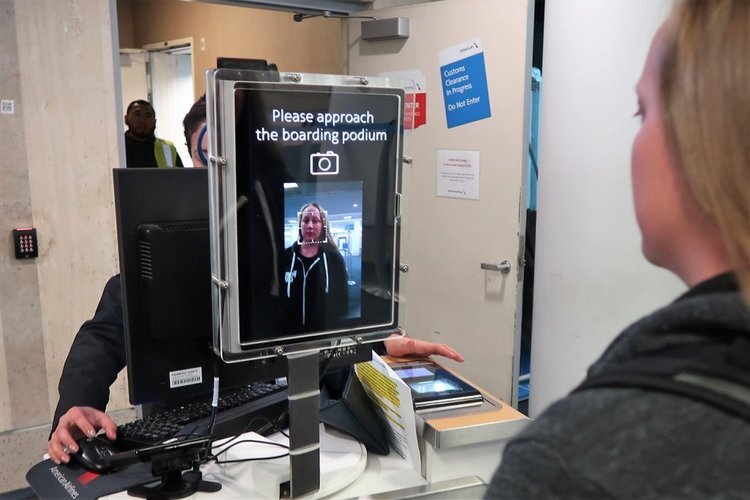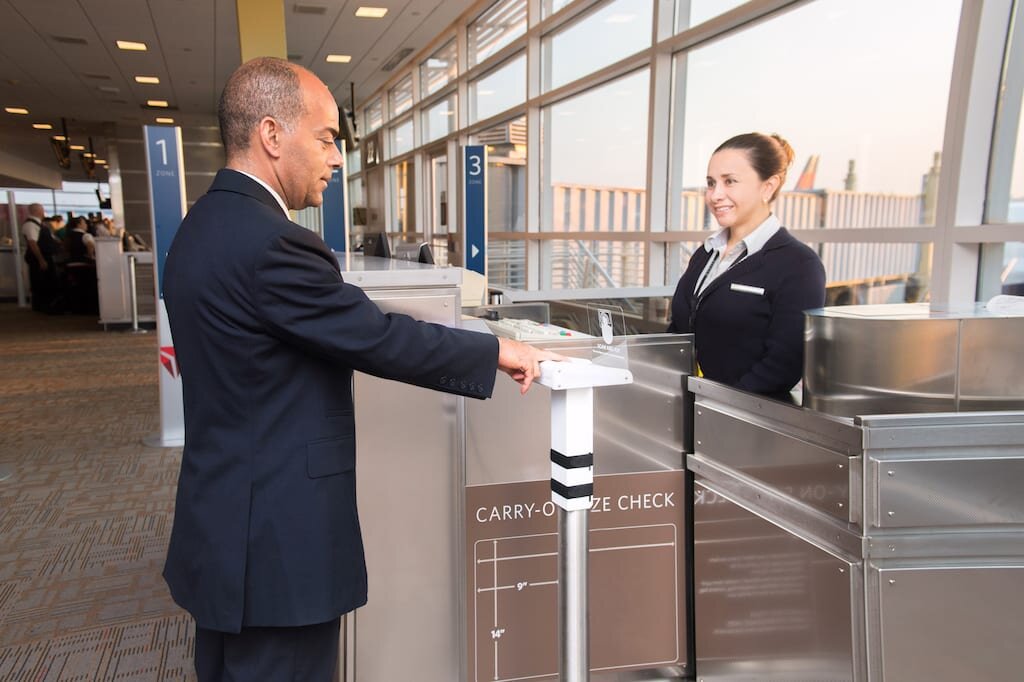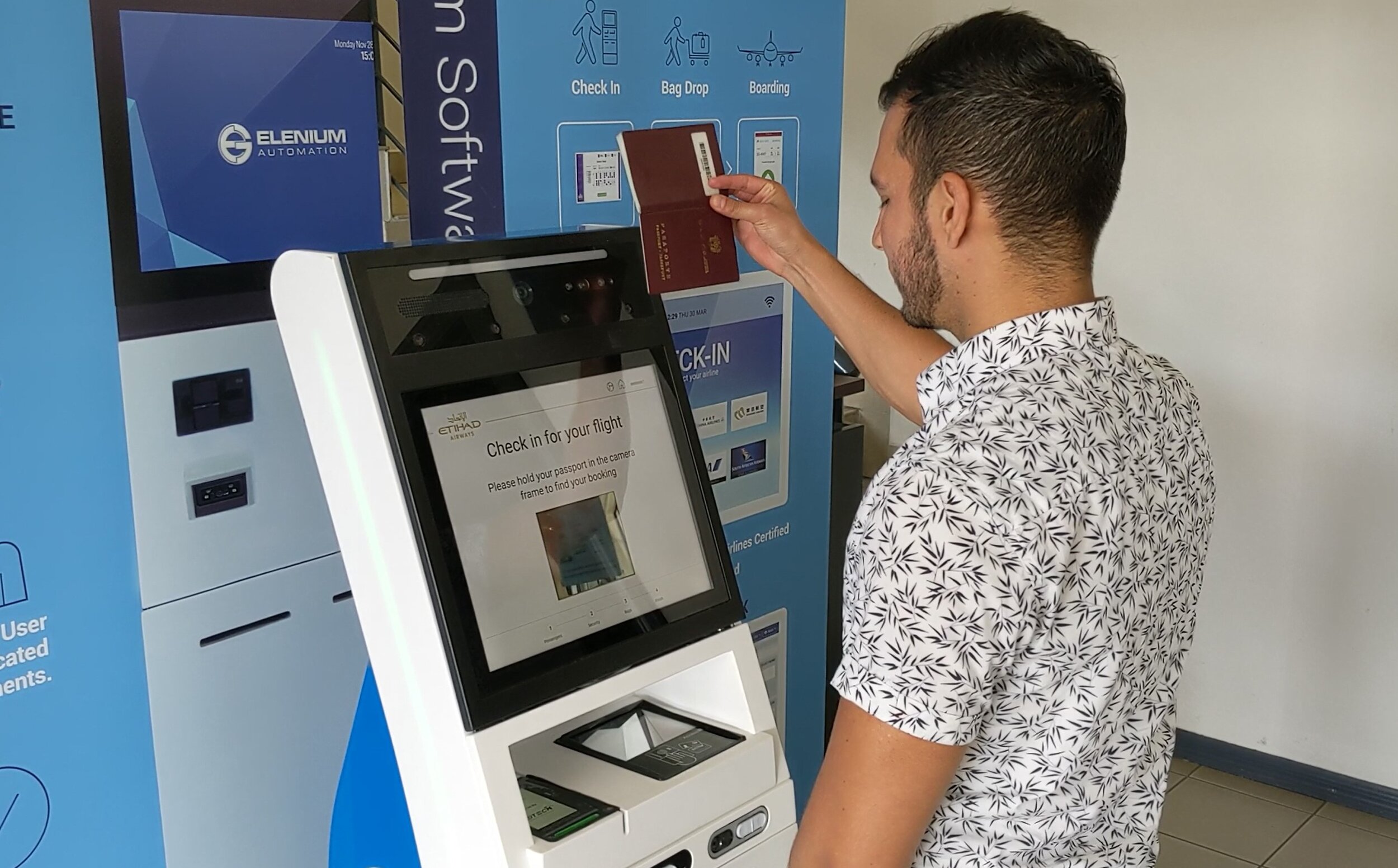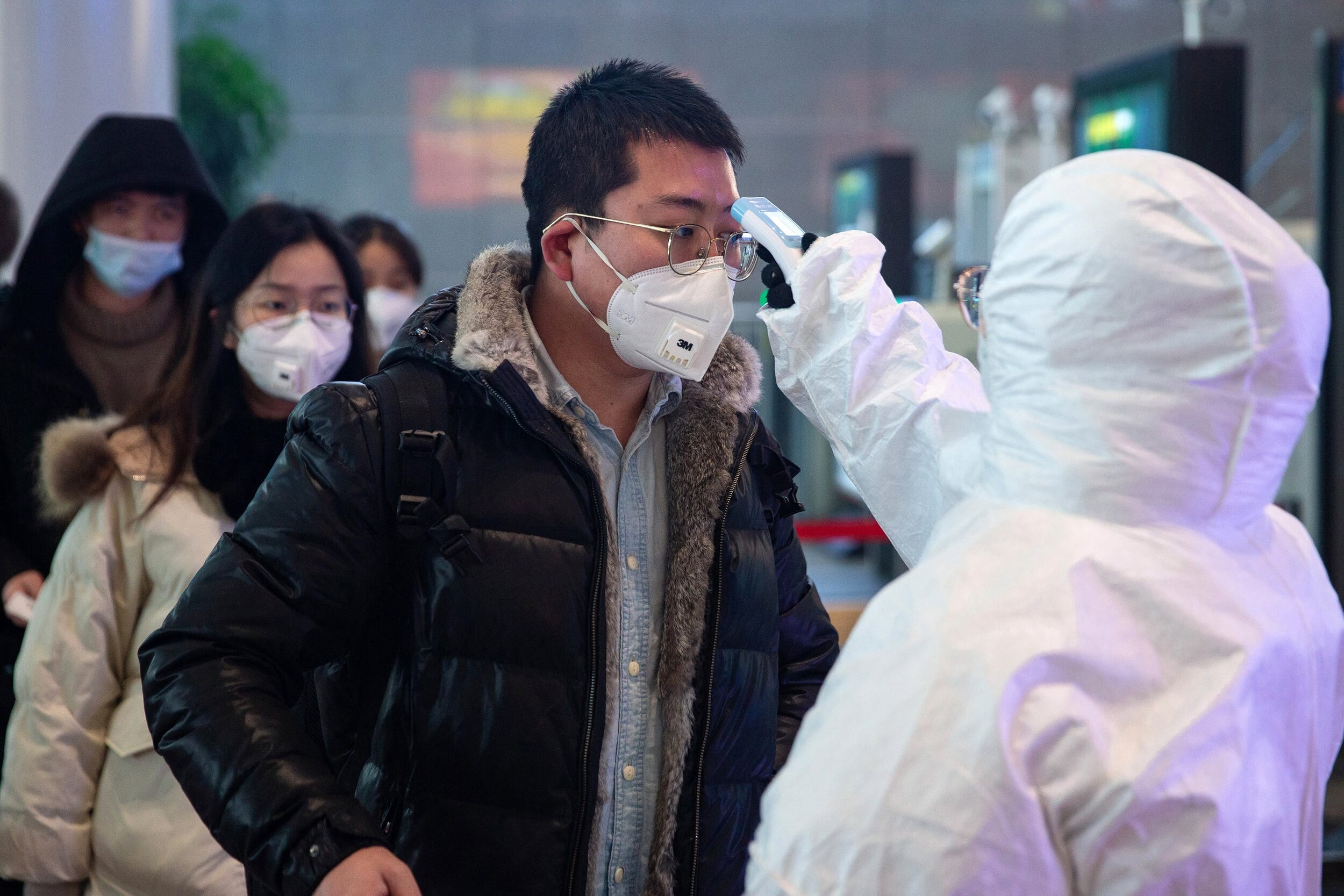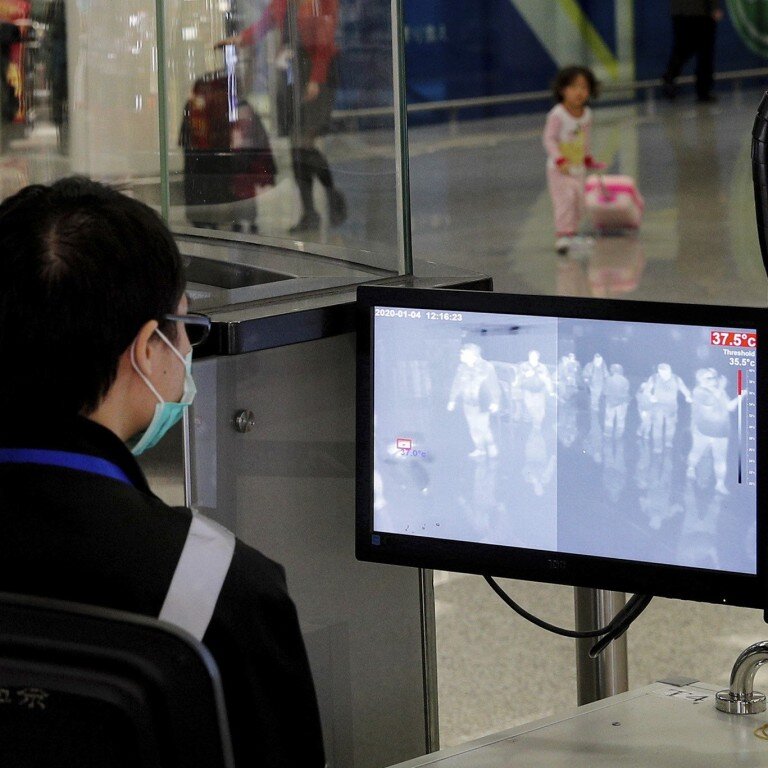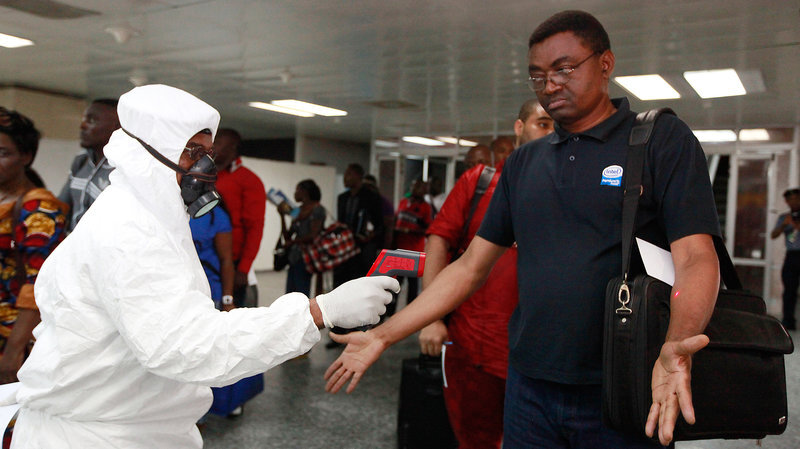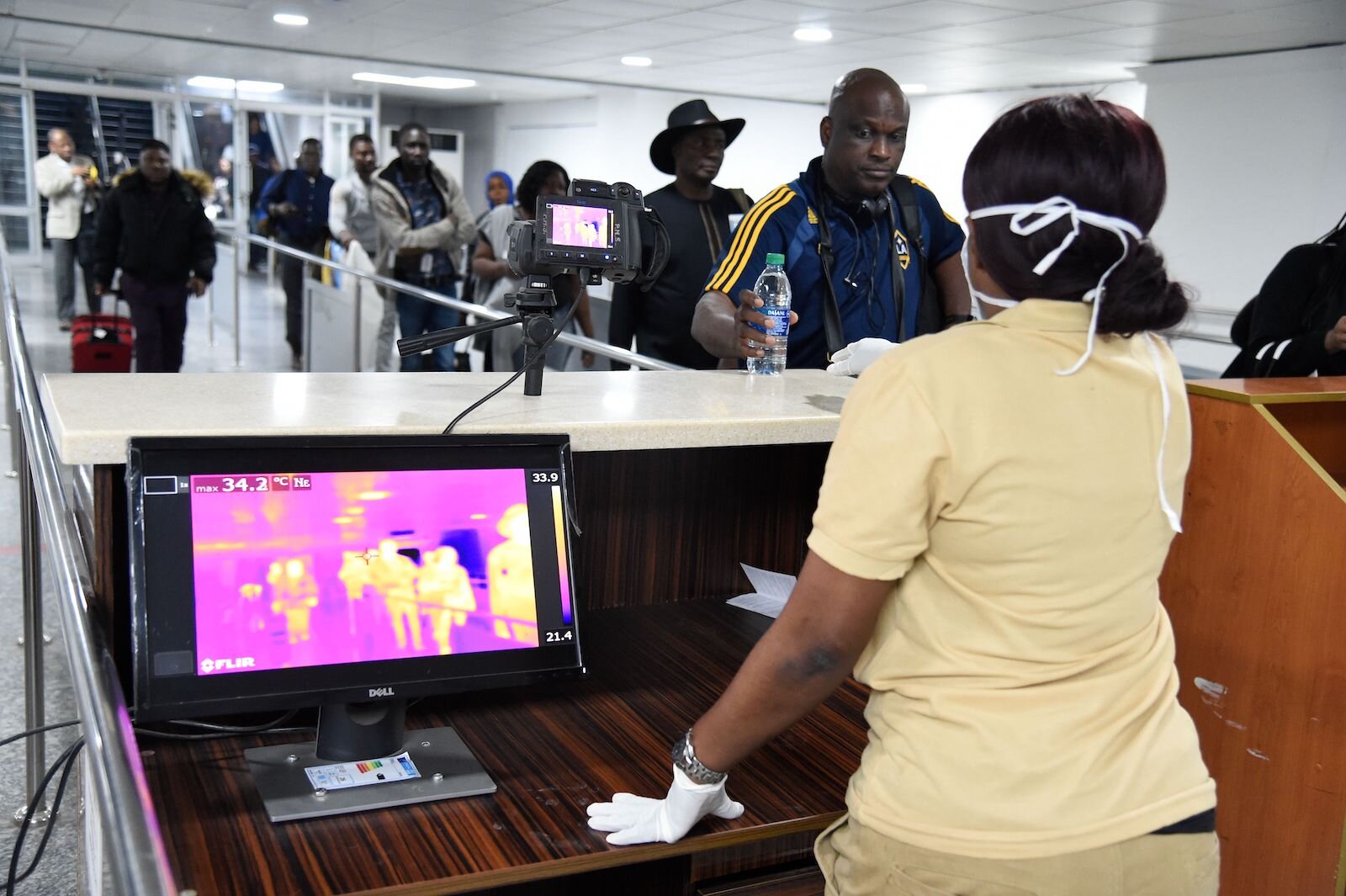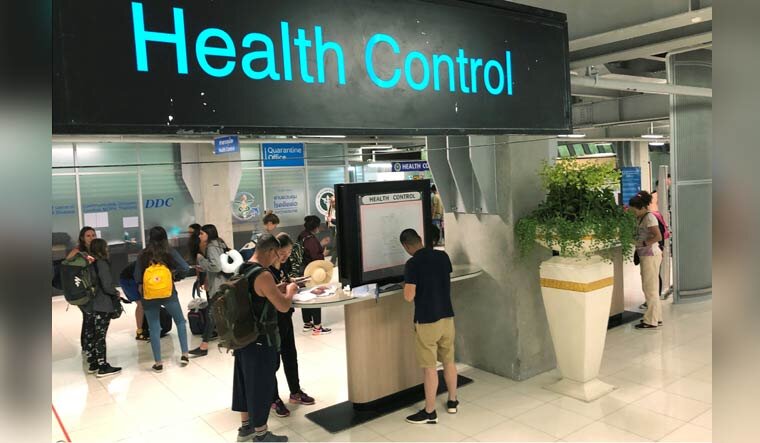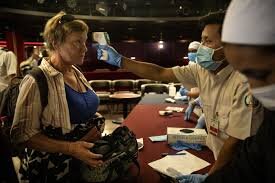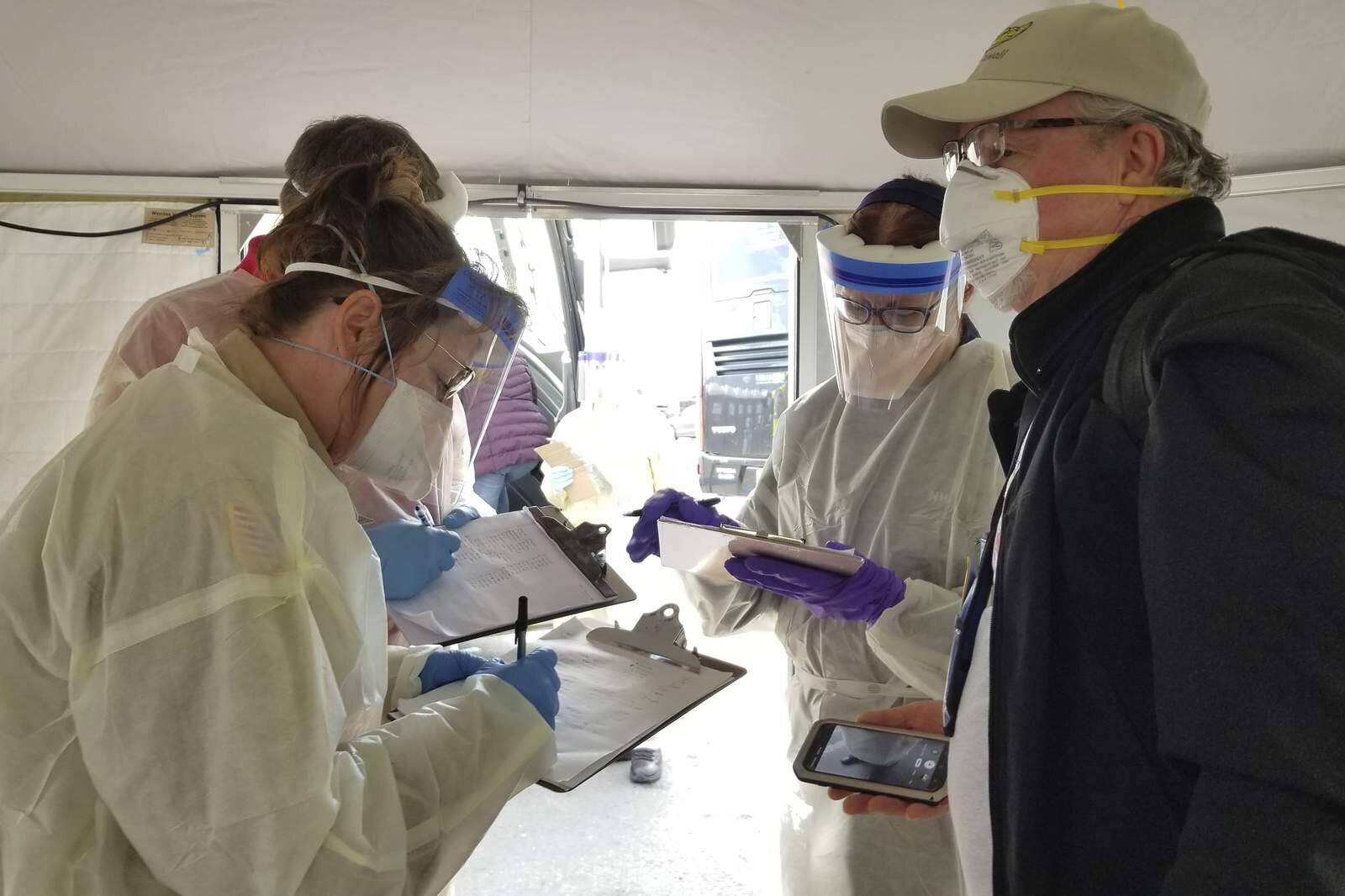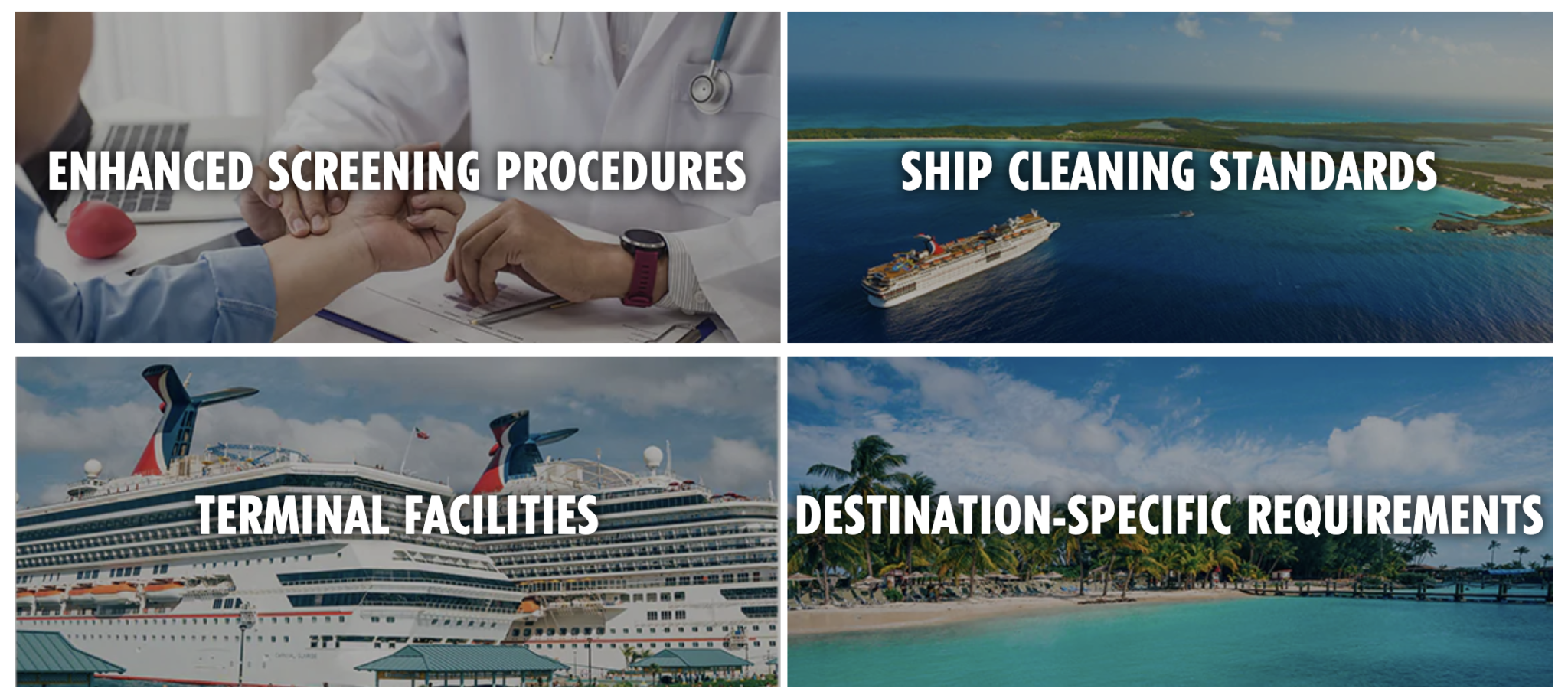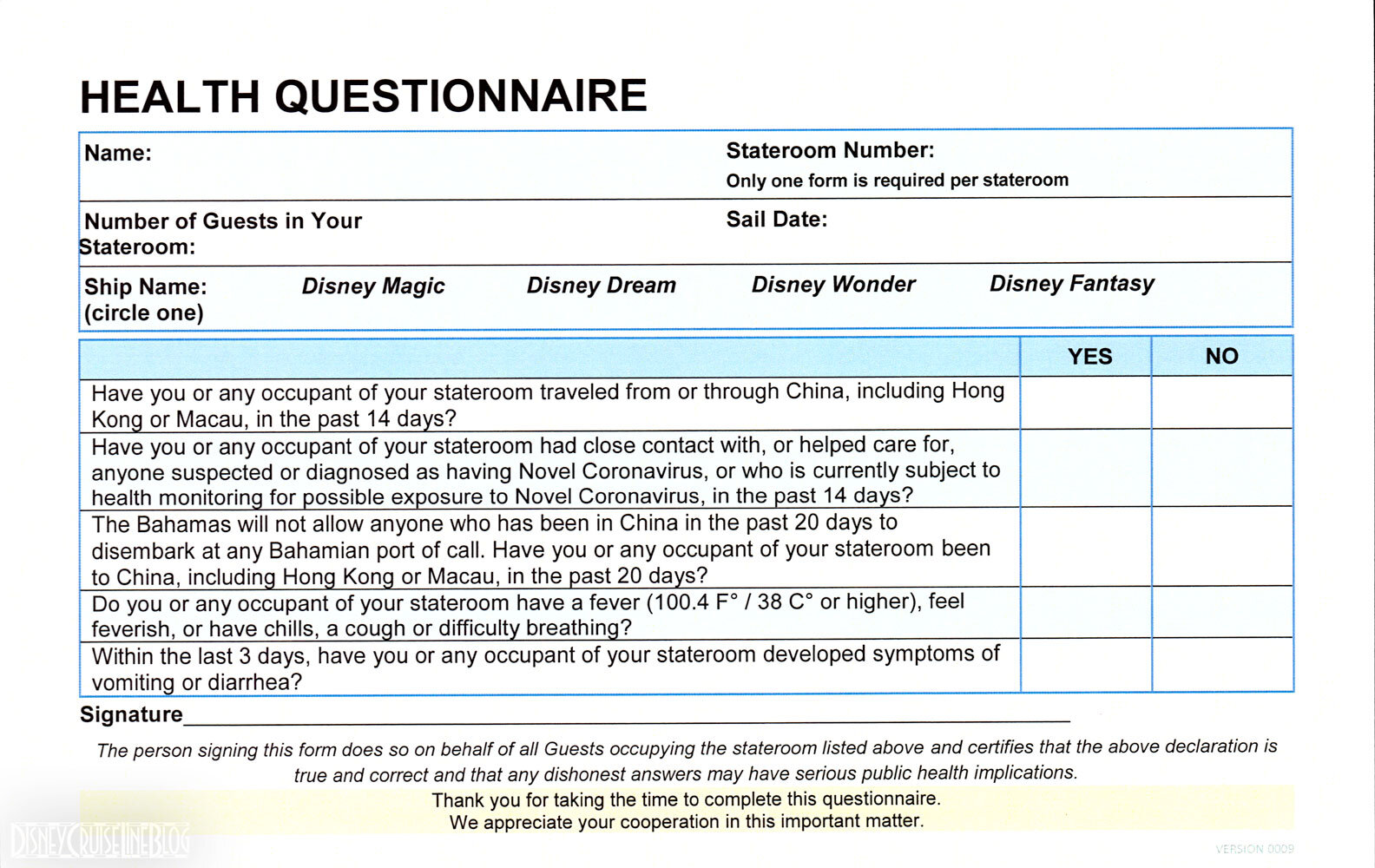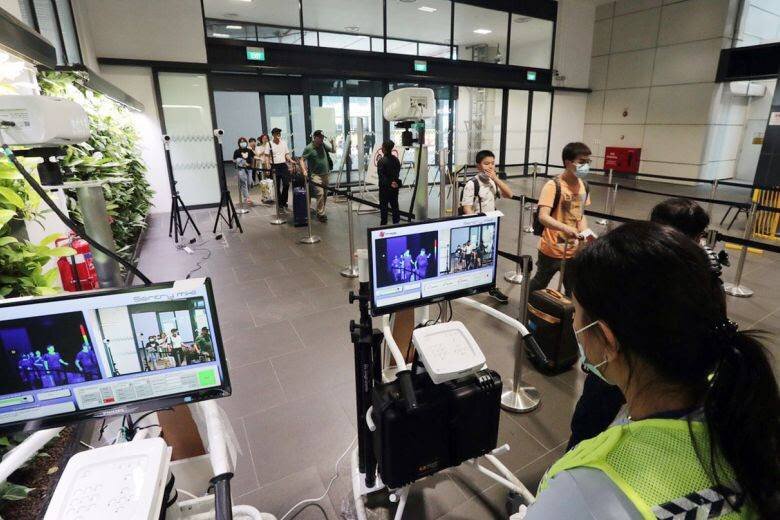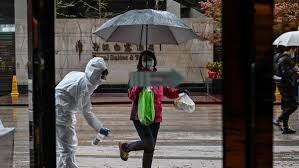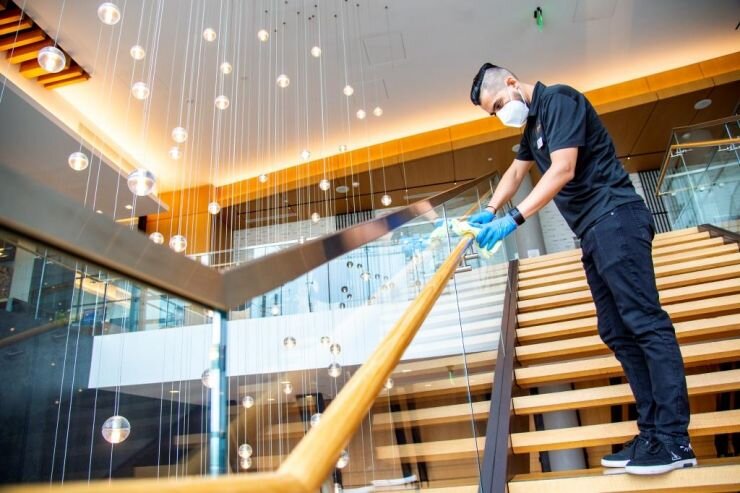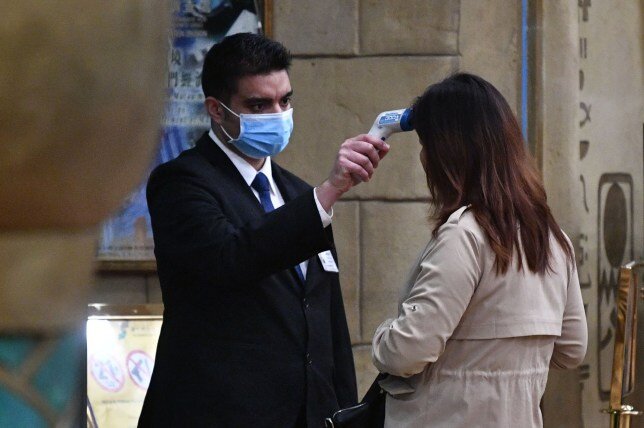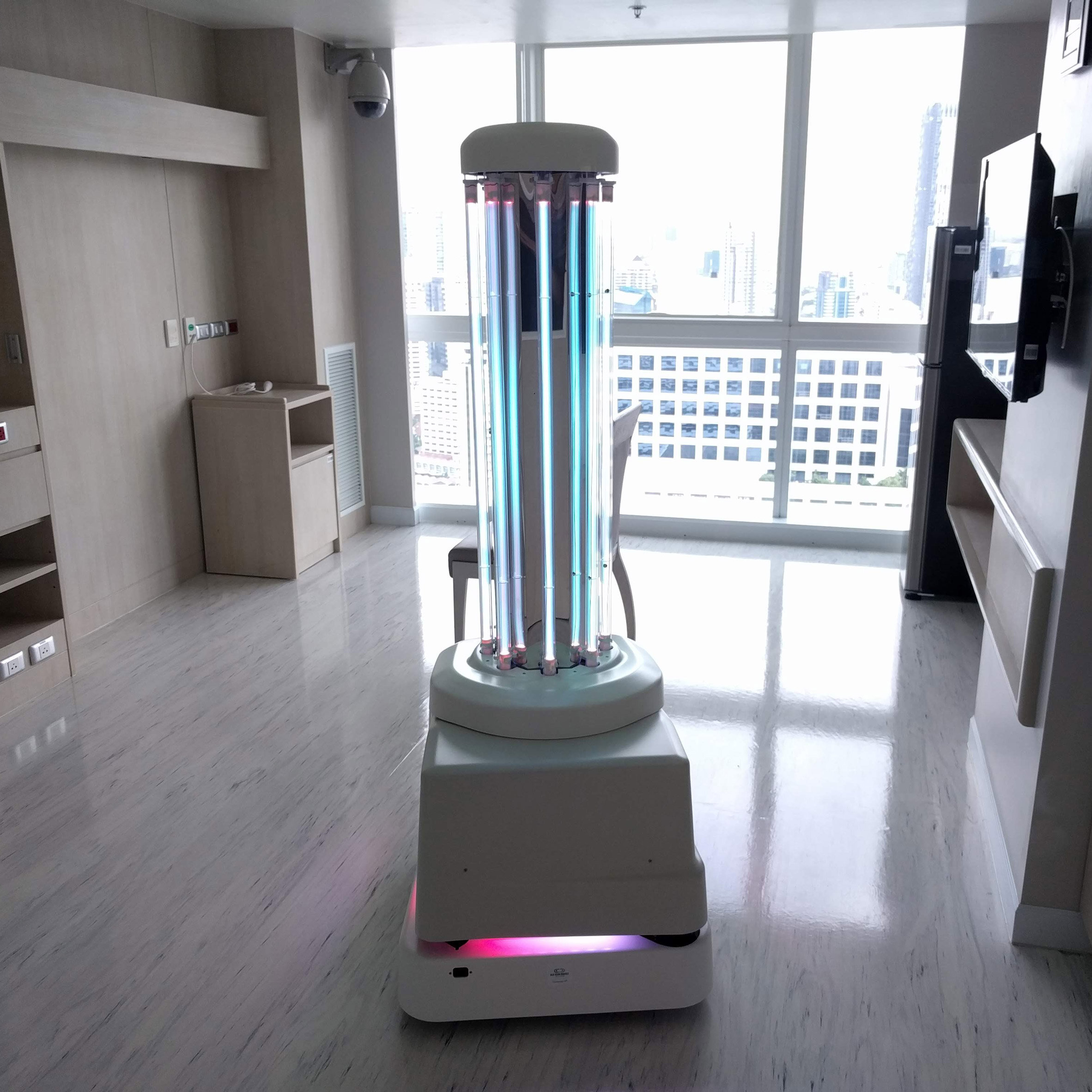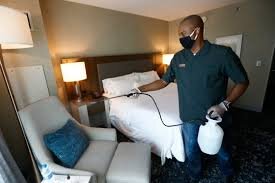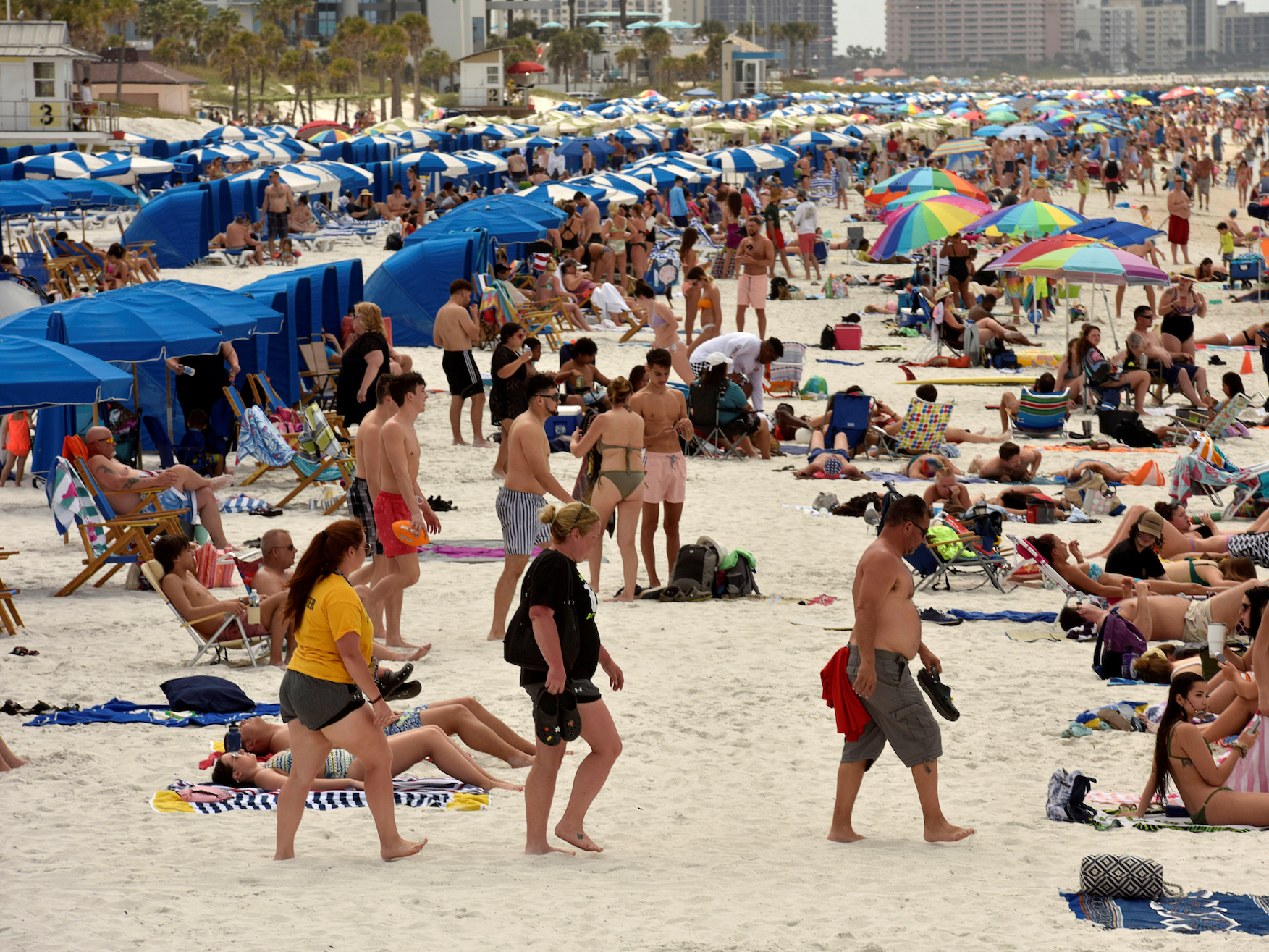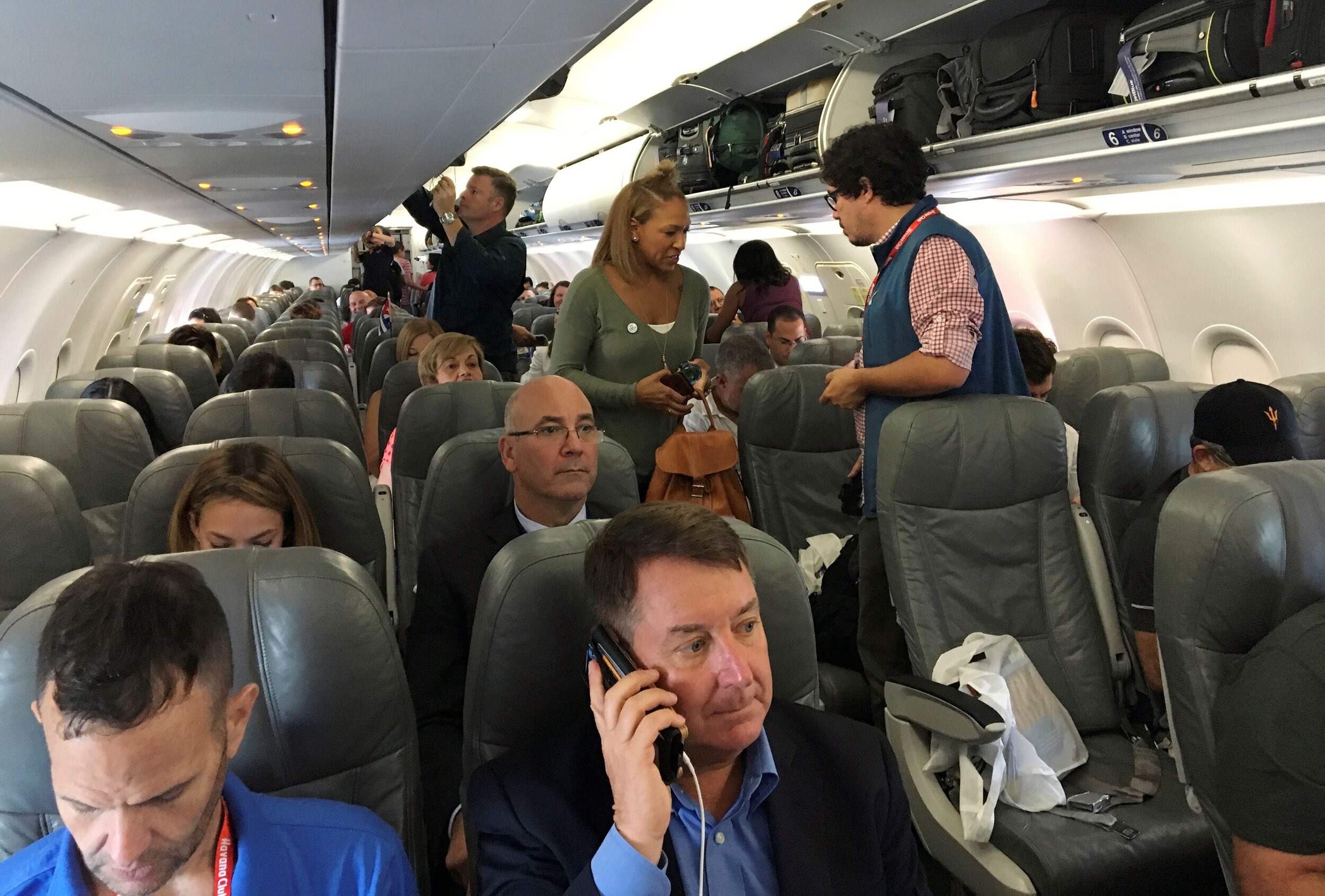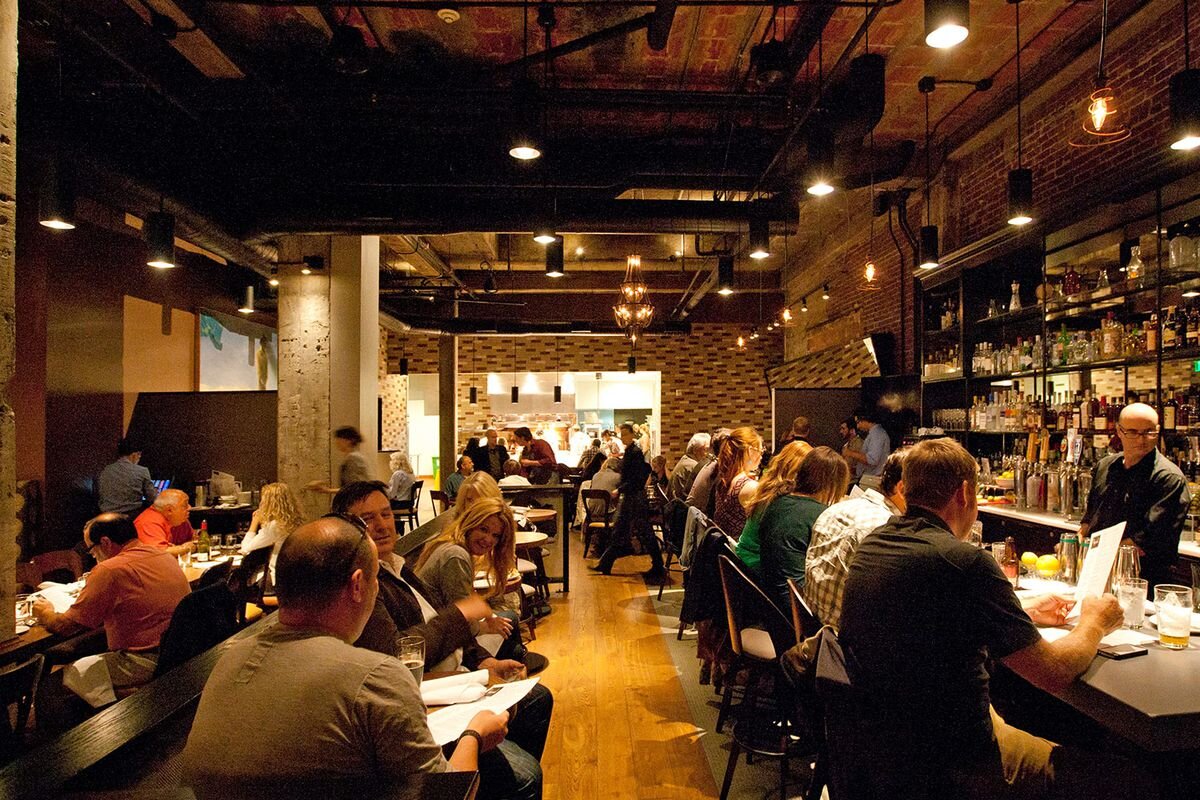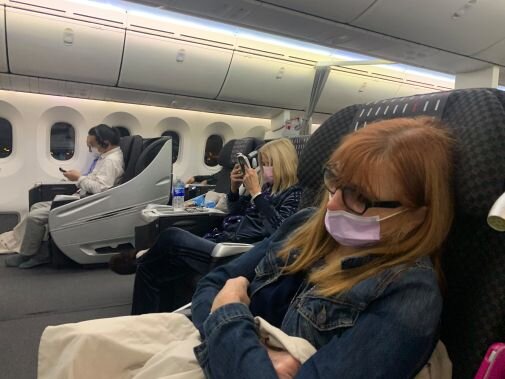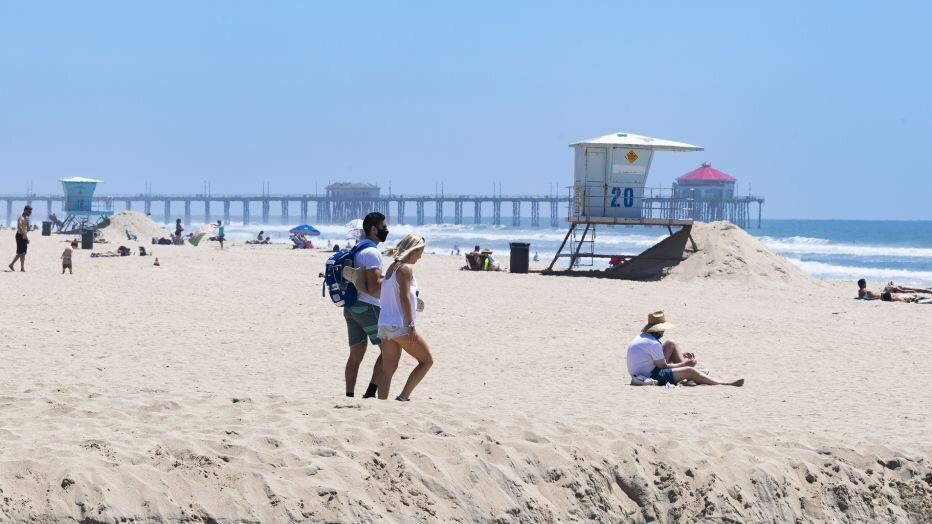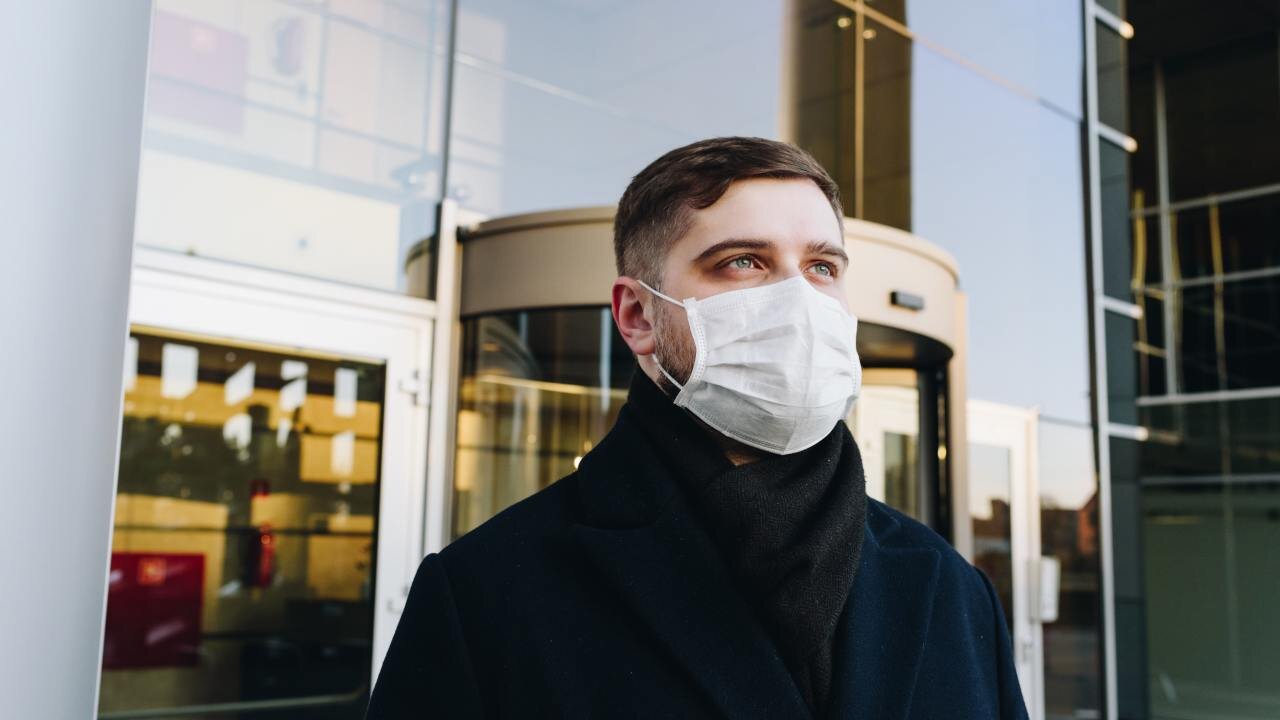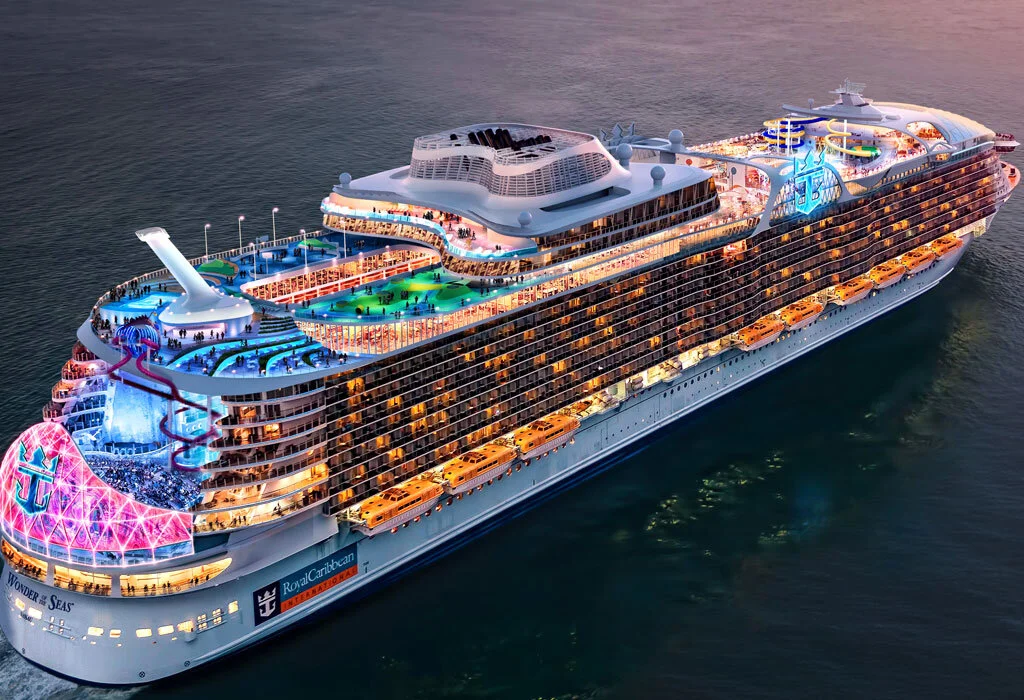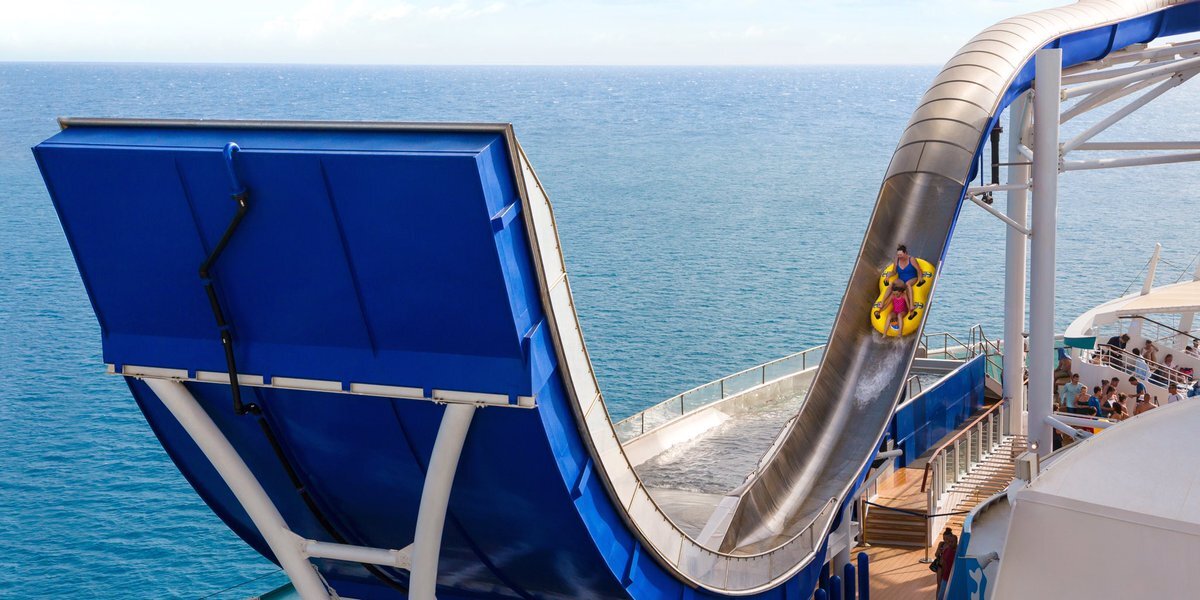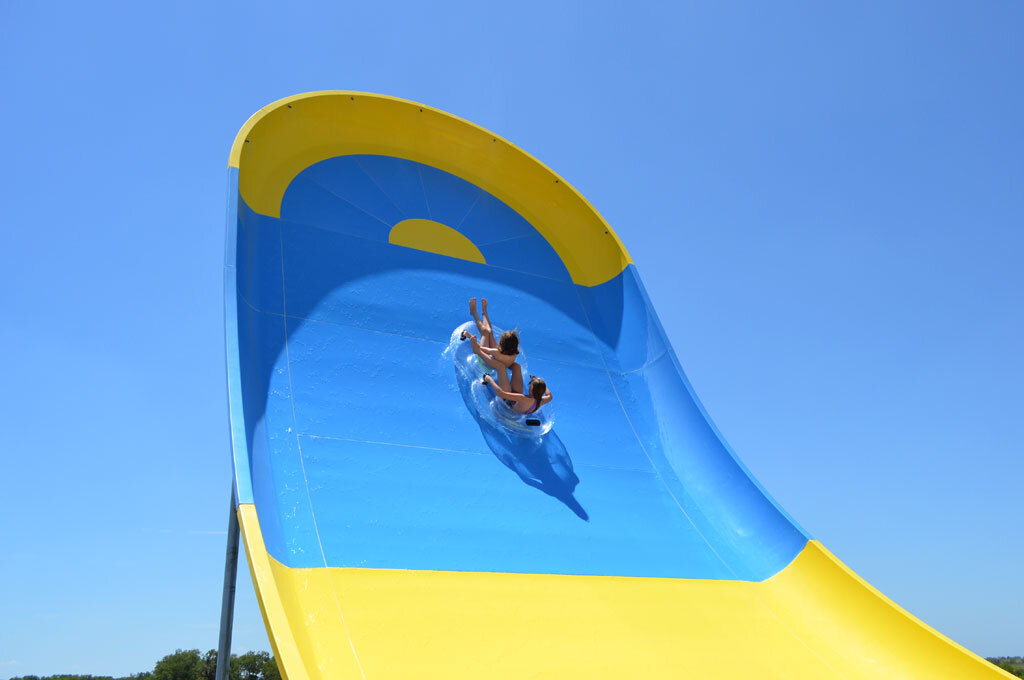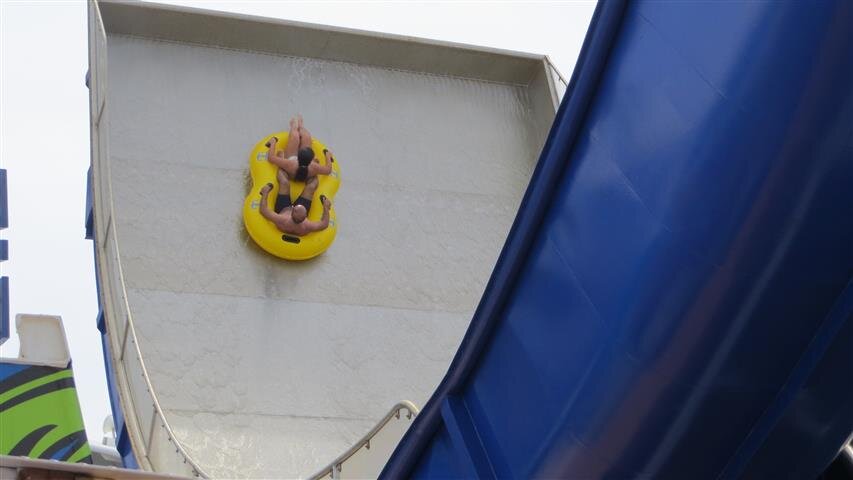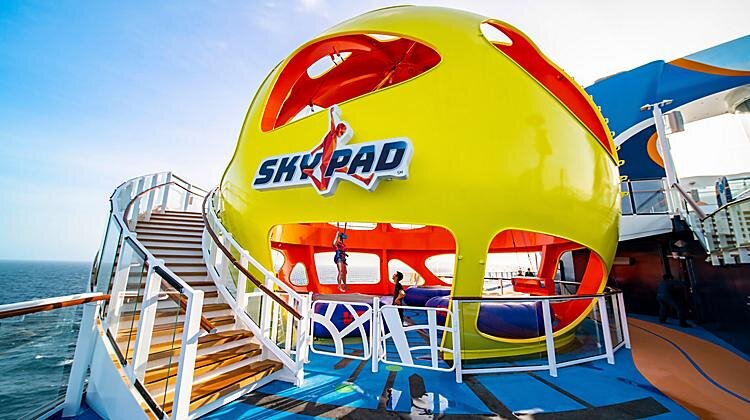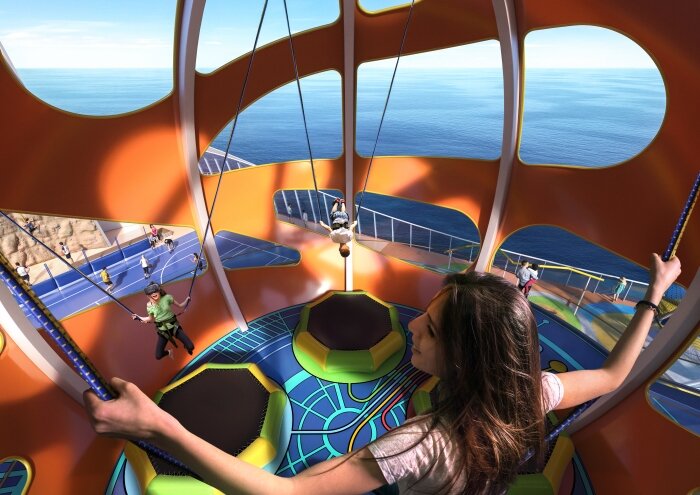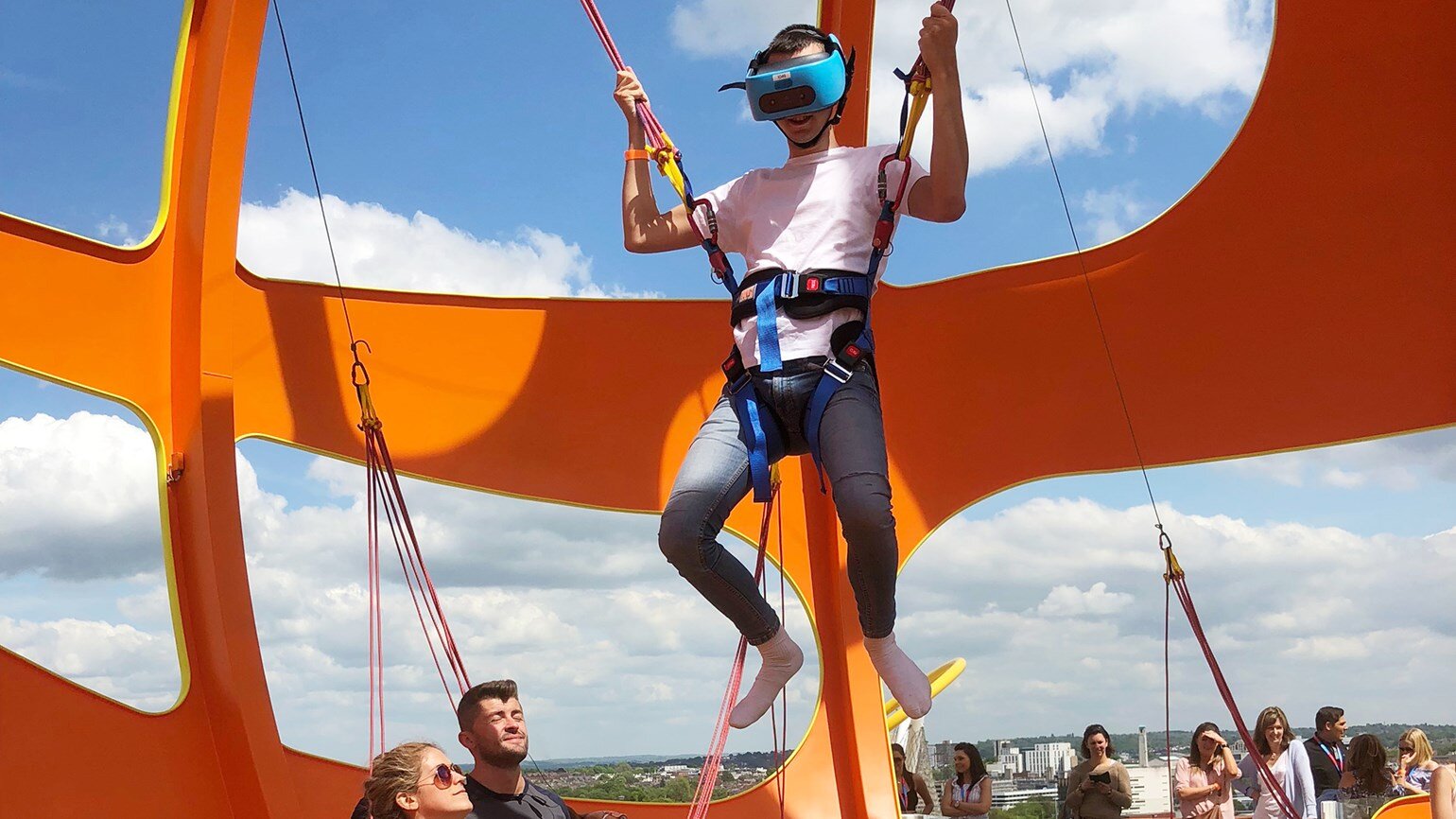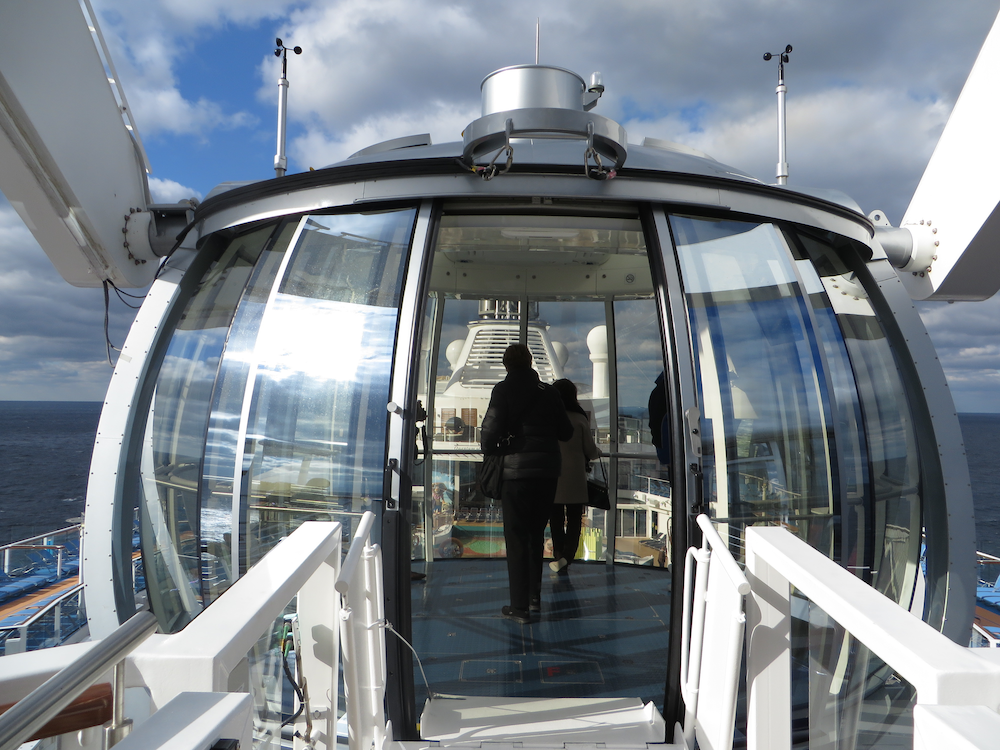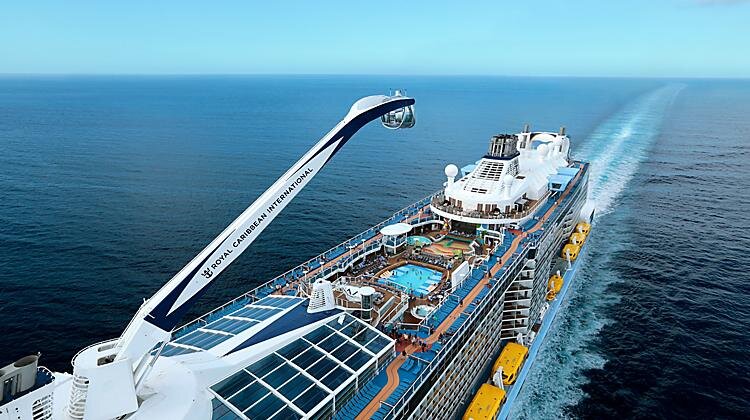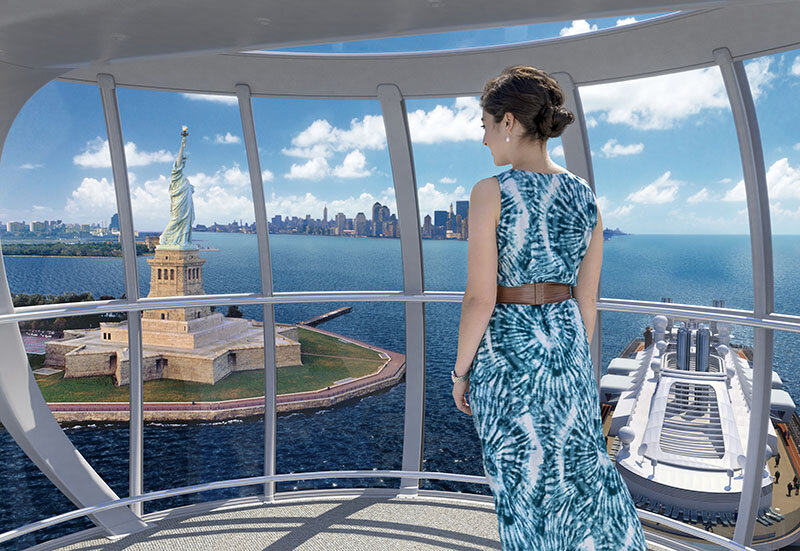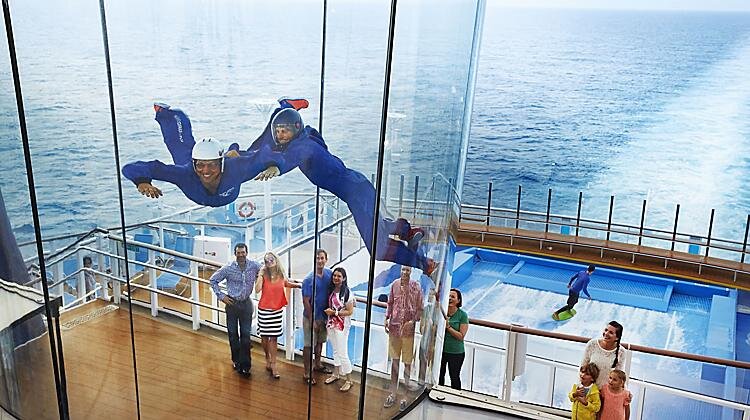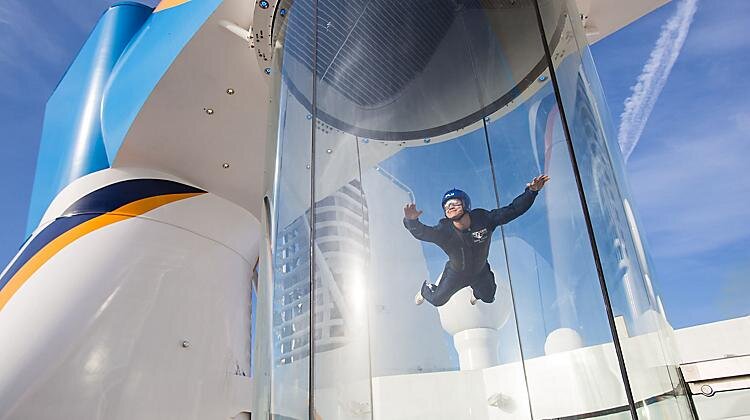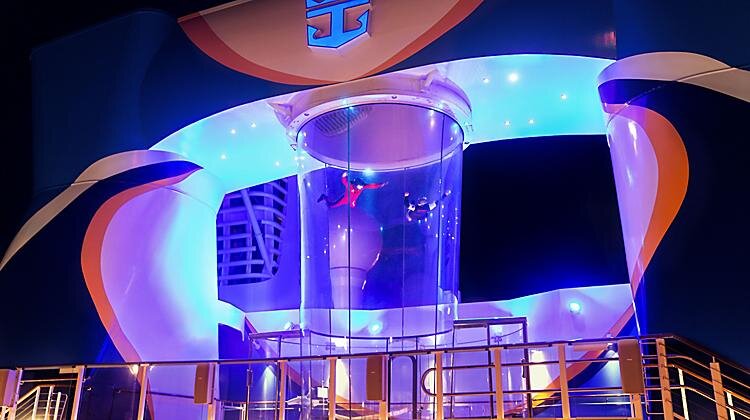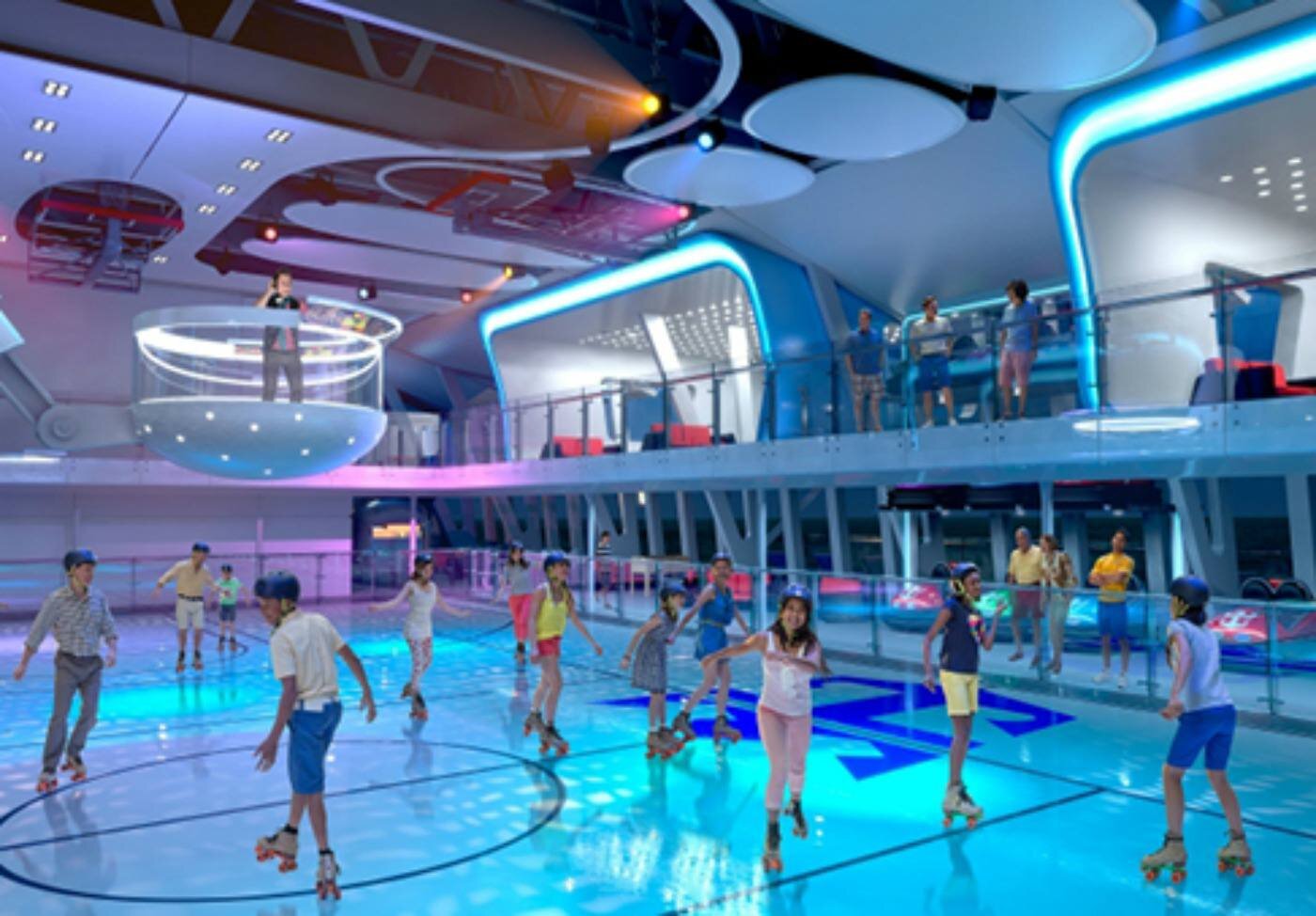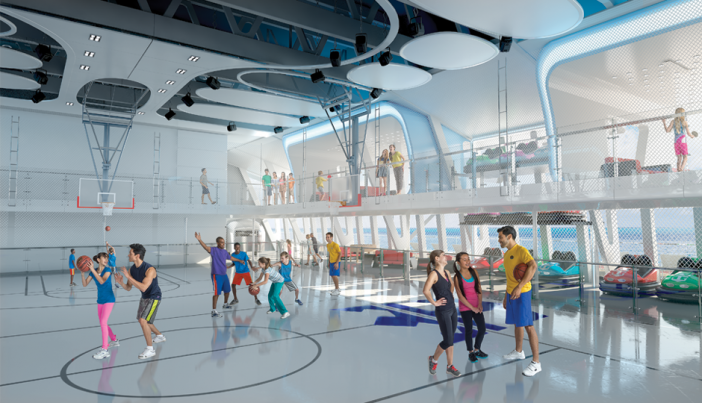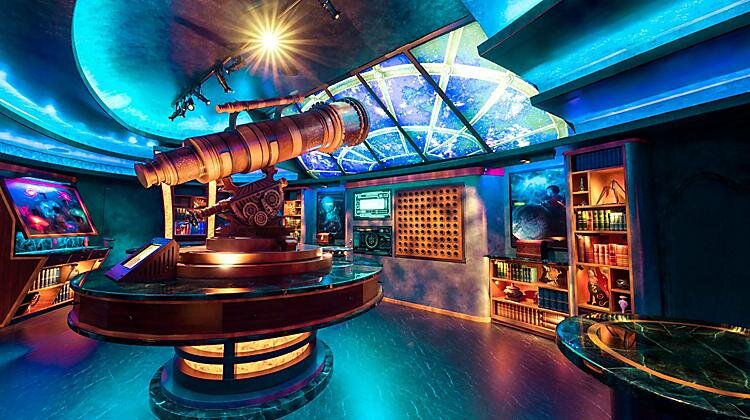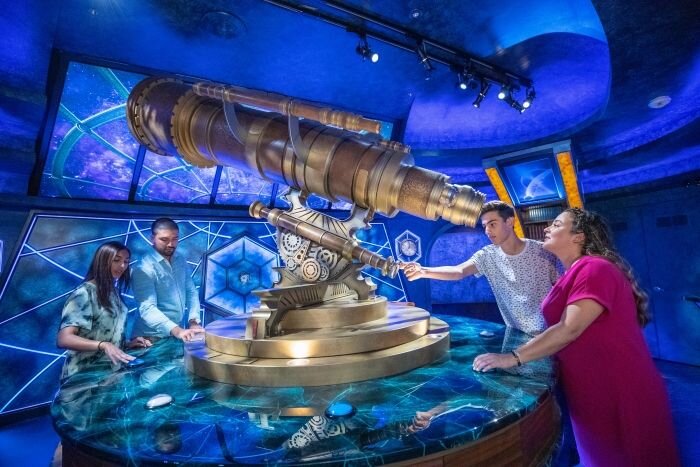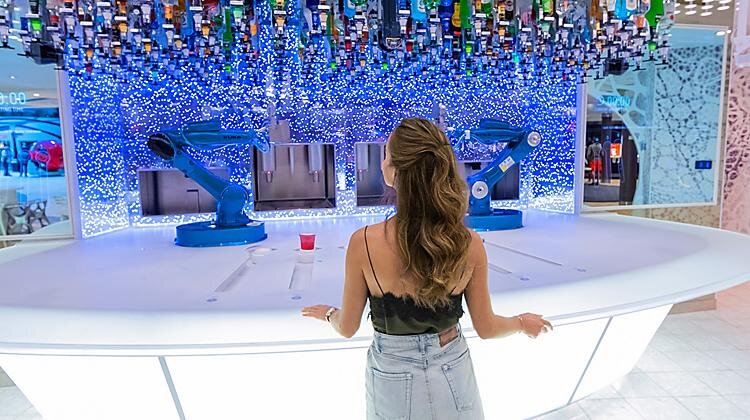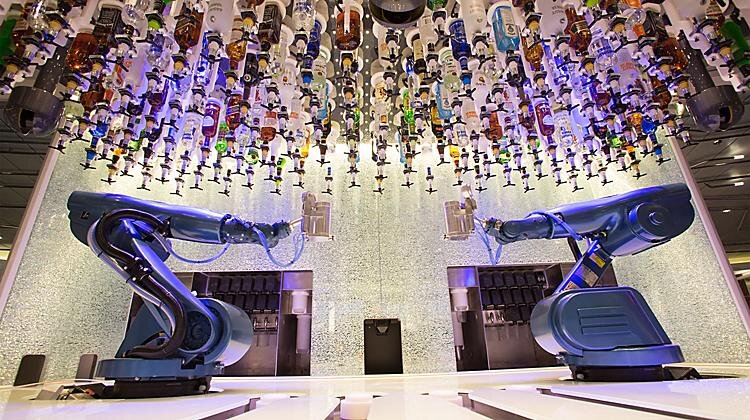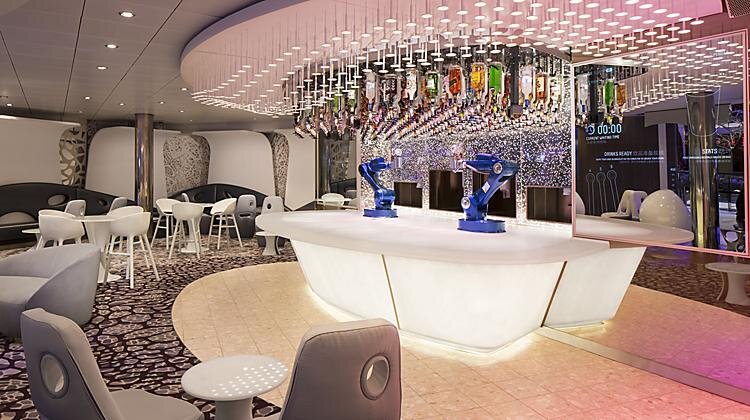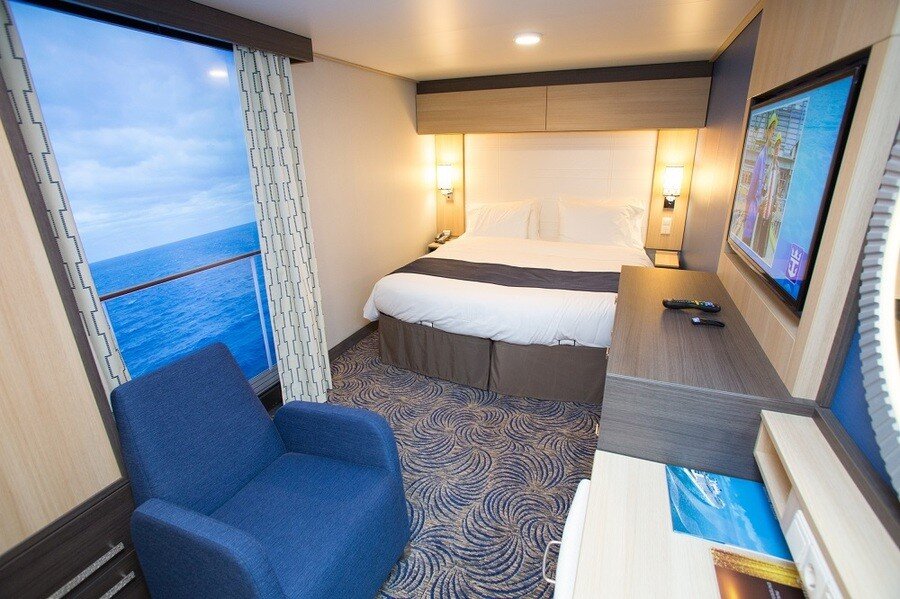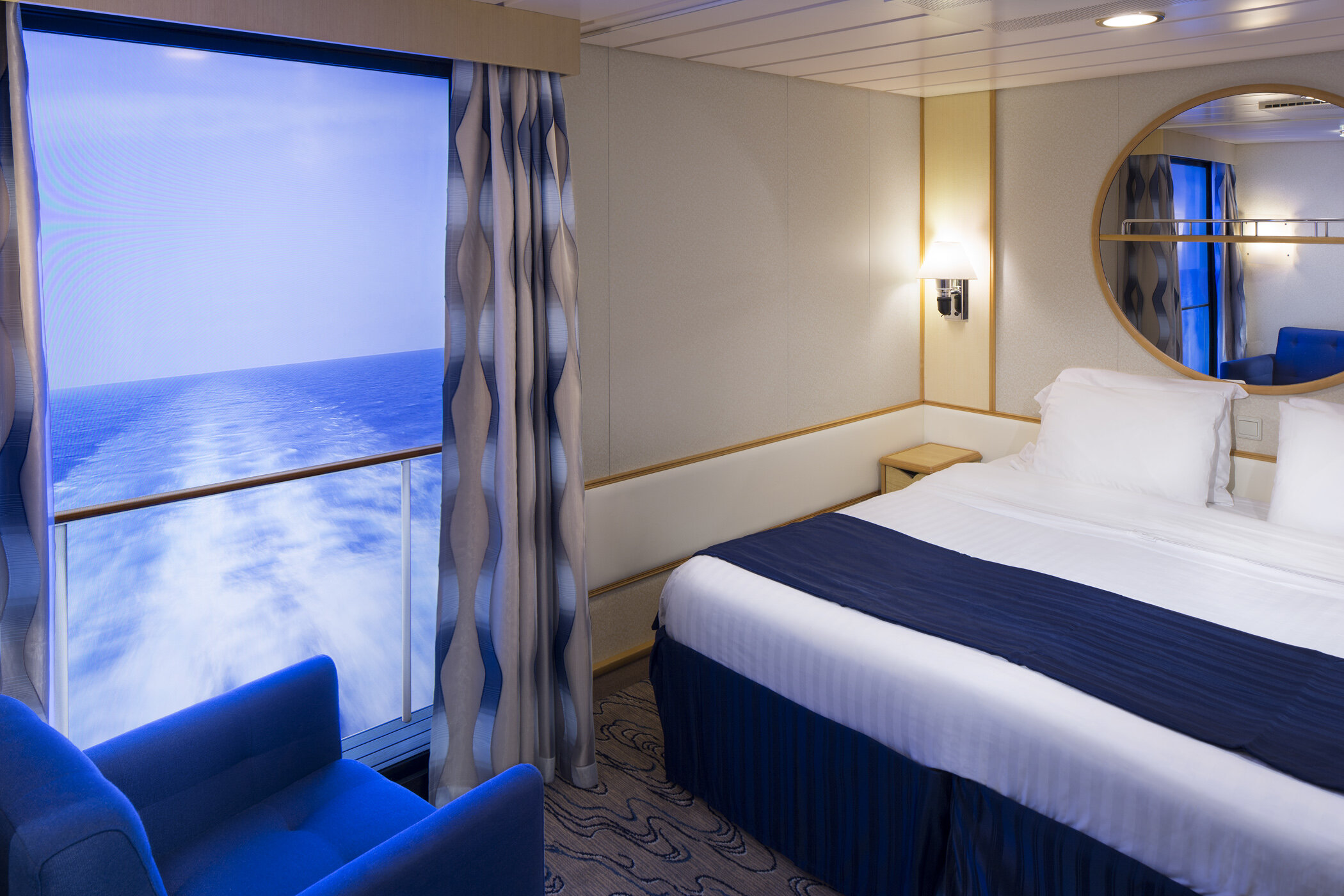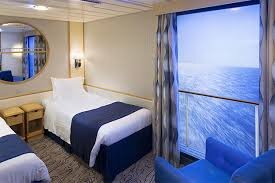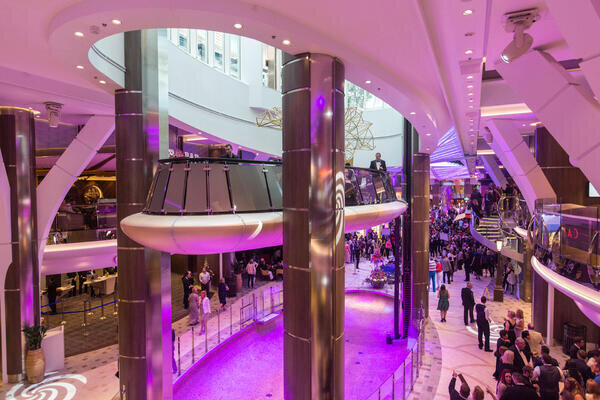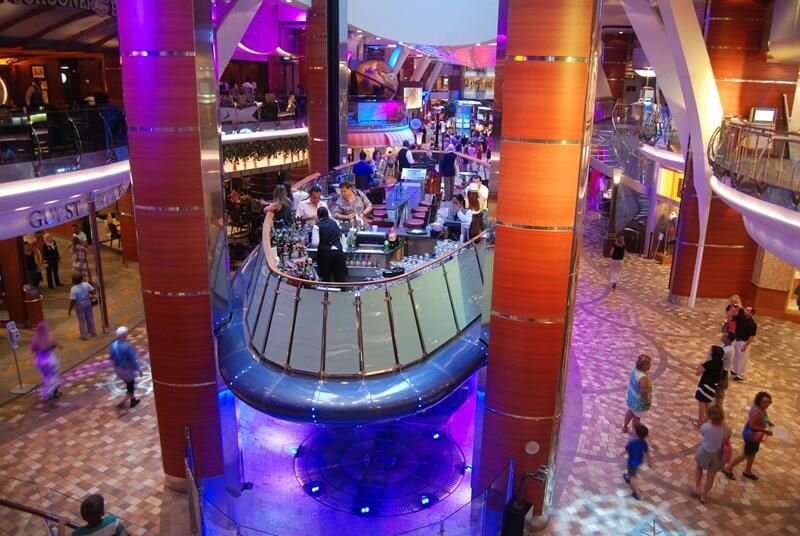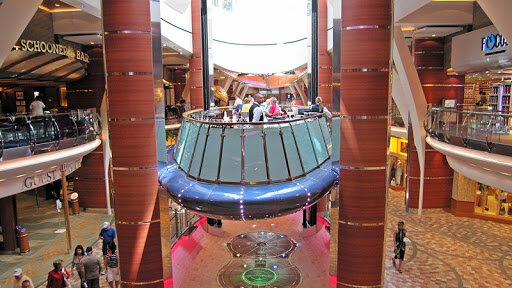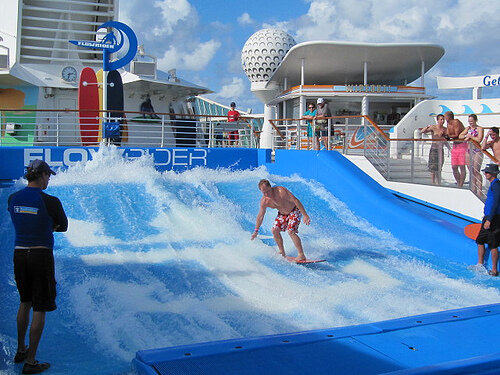As the world slowly emerges from the throws of a world pandemic that has greatly affected not only our lives but any form of business or leisure travel for the past 15 months, the sun rises for millions of people who are itching to get back to a place where they feel comfortable and be able to get out of the house and start to feel normal again. With the pandemic easing and with the availability of vaccines that will help citizens of all countries get back to a time they once took for granted, people are once again looking to begin to travel. Being able to jump on a cruise ship to go see other parts of the world, or plan that all-inclusive land tour to that bucket list place they have always wanted to visit.
Let’s take a look at where the travel industry stands in order for you to get back to traveling within the U.S. or to other spots around the world.
As eager as many seasoned travellers are to get back to their favorite past-time, experts say that we’ll need to exercise caution and have patience when planning our first big post-pandemic journeys, as there are still some important challenges ahead. The first protocol on your list is to get inoculated against COVID-19. Getting your vaccination will ensure that you will be able to go on that special trip sooner than later.
Though the idea of travel passports has been bantered around here in the United States and in other countries, you can be assured that the private industry can set their own rules and will enforce them when it comes to using their services. To date no cruise lines have indicated that they will go this route.
Cruising
Cruising from the U.S.
As of this writing, there is not much happening in the cruise world. The industry, in many ways, was used as a scapegoat for all that was wrong with a global pandemic. And now with many states eliminating their mask and social distancing standards, opening restaurants, theaters and packing baseball stadiums, the cruise industry is being held to a higher standard. You can pack a large indoor restaurant full of people with no masks and not socially distanced, but do the same thing on a cruise ship and it becomes a no-no for the CDC.
So the entire industry will get a slow start in gearing up for 2021 with reduced fleets going to a smaller number of destinations with 2022 returning to what should be some kind of normalcy. People still want to cruise, and cruising is still the biggest form of vacation travel. Bookings for 2022 are off to a fabulous start and most lines are ahead of 2019’s pace YTD.
Much of the discussion in order for the cruise industry to get back to sailing is that all of their crew and passengers are safe from the virus prior to passengers getting onboard ship. Much of the momentum to get back to sailing comes from the cruise industry itself and not from changes being forced on them by either the Centers for Disease Control (CDC) or the World Health Organization (WHO).
The entire cruise industry has changed many of their past protocols onboard ship in order to make guests and crew safer while onboard ship.
Vaccinations for all crew and passengers
COVID Testing during and before you leave to go home
Temperature checks
Hand sanitizing stands throughout the ship
Reduced ship capacity when sailing
Social distancing in non stateroom areas
Elimination of standard buffett lines
Staggered dining times and social distancing
Enhanced on board cleaning methods, including hospital-grade disinfectant and the use of UV-C light technology
Shore excursions that are strictly monitored, unless you are vaccinated
No contact boarding & food ordering once on ship
No face coverings for fully vaccinated passengers
Enhanced crew training for quick response for any situation that may arise
Most of the cruise lines have been in talks with the CDC, pointing out all of the new protocols that are in place to make the passenger experience a safe one with a date to begin sailing by July 1, 2021 to and from U.S. ports.
The cruise lines are just starting to announce the rules and policies that will govern their cruises. Some may make vaccinated cruises only while others won’t stifle you with that requirement, but be prepared to take a lot of tests during your travels. For example, here is what Royal Caribbean and Celebrity have announced for their cruises this summer:
The minimum age to get vaccinated is now 16 years old
You have to have your original government issued vaccination card, no photocopies or digital images
If vaccinated you can book your own individual shore excursion, depending on the country visited. Individual country mask mandates may apply
If vaccinated you do not have to wear a mask while onboard ship
If you are 15 years of age or less, no masks are required onboard ship
Cruise lines will provide COVID testing before you leave the ship for your flight back to the U.S.
Even after the CDC clears the cruise industry to begin sailing from U.S. ports, the next thing to keep in mind is the different protocols that are in place in each country that you may visit as to what is needed to gain entry into that country. Many European countries are still closed to any form of travel into their country. Though there has been nothing released officially on this from the cruise industry, I believe many lines would stay clear of countries that are closed or have too many restrictions to dock in that country. So for the near future, your cruise international destinations could be limited until more people are inoculated worldwide and countries begin to ease their restrictions to gain entry.
Cruising To/From Foreign Ports
Cruising from other parts of the world has been nothing more than “on again, off again” push and pull since the outbreak of the pandemic. In March 2020, the CDC issued a no-sail order for ships sailing American waters while the major industry governing body Cruise Lines International Association (CLIA) voluntarily suspended all operations. The resulting scramble to get passengers and crew members home dragged on for several months. Ports closed their doors to virus-hit vessels, on-board COVID cases spiraled and when passengers were returned home, crew members were still stuck at sea hit hard by a mental health crisis from being away from home so long.
Today, the multi-billion dollar industry remains in limbo. While recent vaccine rollouts have brought optimism and, in some countries, COVID numbers are finally going down after a devastating second wave, international travel remains curtailed. Most of the world's major cruise lines have canceled voyages until the summer season in Europe, at the earliest, and many industry experts have questioned what cruising, in the wake of COVID-19, will look like internationally.
So when international cruising finally does start back up, it will be on a much smaller scale with destinations that have curtailed their COVID outbreak. For now it looks like several ports in the Bahamas, Mexico, Australia, New Zealand, the Greek Islands, Singapore are just some of the limited options available. Of course, the hope is that this list will grow by the end of the year. Canada though is still off limits until some time in 2022.
International Travel
The global pandemic has really caused travelers to rethink the way they travel. Gone, for now anyway, are the carefree days where you just planned a trip and jumped on a plane, train or ship to venture off to the far corners of the U.S. or the rest of the world. Now a lot of due diligence and planning are prerequisites to go on any type of special vacation or trip. And don’t forget to be prepared for lots of changes that could take place.
Though it is true that many of the traditional road trips, camping vacations, guided tours and land tours are currently open in the U.S. and can be planned with certainty, it is another story internationally. Here it remains a global patchwork of open countries, abiding rules and restrictions. Before you book any international travel you'll want to check your destination's official tourism website periodically before your trip. However, if you're itching to leave the U.S., there are many countries around the world that will accept you (along with your negative coronavirus test results/or proof of vaccination), though some specific restrictions will apply. If you decide to travel, be sure to evaluate the risks and understand what all is involved in making your trip. And yes, don’t forget a supply of face masks and hand sanitizer.
One last thing before you venture out, consider purchasing travel insurance so you don't lose money if your U.S. passport is no longer accepted at the last minute in any country.
Air Travel
Airline travel is finally making a comeback, albeit, at a slower pace than what was expected. Many of the larger big city hub airports have just a fraction of the travelers they did at this time last year, even as Americans are returning to flying, particularly to vacation destinations. But one of the bright spots are all of the smaller vacation hubs the airlines have added that were once off the grid.
Since business travel took a major nosedive during the COVID pandemic, with no reasonable expectation that it would return post pandemic, airlines decided to make up some of that business by adding great vacation destinations that you could only previously access by car. Ski areas like Jackson Hole, Wyoming, Aspen & Colorado Springs, Colorado & Provo, Utah. Even many warm weather places were added as well. Great vacation spots like Charleston, Hilton Head & Myrtle Beach, South Carolina along with Savannah, Georgia and Pensacola, Florida.
The downside of improving air travel is that masks are fully required in all aspects of air travel from the time you leave the car. Anywhere in the airport, through security and on the plane during the length of the flight. Another major setback is that most of the major airlines cut many direct flights opting for more hub destinations. So what used to be an easy direct flight might now turn into a two stop flight with added layovers making for a very long day.
Car Rentals
What used to be a last minute almost casual approach to travel transportation, has now turned into a nightmare. The pandemic almost crushed the entire industry. At the beginning of the pandemic with heavy travel restrictions imposed by our government, the car rental quickly went into a nosedive.
In order just to survive, the industry sold off hundreds of thousands of cars to reduce expenses. Hertz cancelled over $4 billion dollars in new car purchases and eliminated almost 200,000 cars from their fleet. Avis cut its new car purchases in half and unloaded over 400,000 cars from its inventory. Without a clear understanding of what demand was going to be and when it would come back, the industry stagnated.
One of the major problems the car rental industry has suffered over the years in Washington is lobbying. They spend a fraction on this important aspect of getting money when times are tight. The industry spent only a fraction of the money that the airline industry does on an annual basis. So when it came time to dole out the money from the $2 trillion Coronavirus Aid, Relief and Economic Security (Cares) Act, the airlines got $25 billion in payroll support, $25 billion in subsidized loans plus tax relief, the car rental companies walked away with nothing.
Another major factor that came into play further damaging the rental car industry was a global shortage of computer chips which almost halted production of new cars by General Motors, Honda, Ford, Toyota and others. With a limited supply of chips, the automakers were concentrating on supplying their dealers rather than feeding the less profitable fleet sales channels of rental car agencies. That means producing more profitable full-feature pickups and sport-utility vehicles desired by car buyers, not the sedans renters gravitate toward.
So what used to be a fairly inexpensive part of a travel vacation that you could do at the last minute or just walk from the plane to a rental agency, is a major headache that has less choices and becomes very expensive on a daily basis. Some intermediate to full size cars can go for as much ast $250/day. So before you leave on your trip, make sure you do your homework and have that rental car reserved.
CDC U.S. Entry Testing Requirements
Once you leave the U.S. in order to gain entry upon return you must be tested. According to the CDC, air passengers entering the U.S. will be required to present documentation of a negative COVID-19 viral test (called a Qualifying Test) conducted within the 3 days before their flight to the United States departs. You will also be required to fill out Passenger & Disclosure & Attestation Form as part of gaining access back into the U.S.
So we are finally off and running with travel of any kind and for millions of people this is great news. Like anything that is not etched in stone, the news is constantly changing. Each day will bring more countries opening up for travel, cruise lines will announce newer cruise sites, restrictions will be lifted making for more choices and more adventurers. If you have any questions or concerns over all the new rules and restrictions, please do not hesitate to contact us at teamtullytravel@gmail.com

